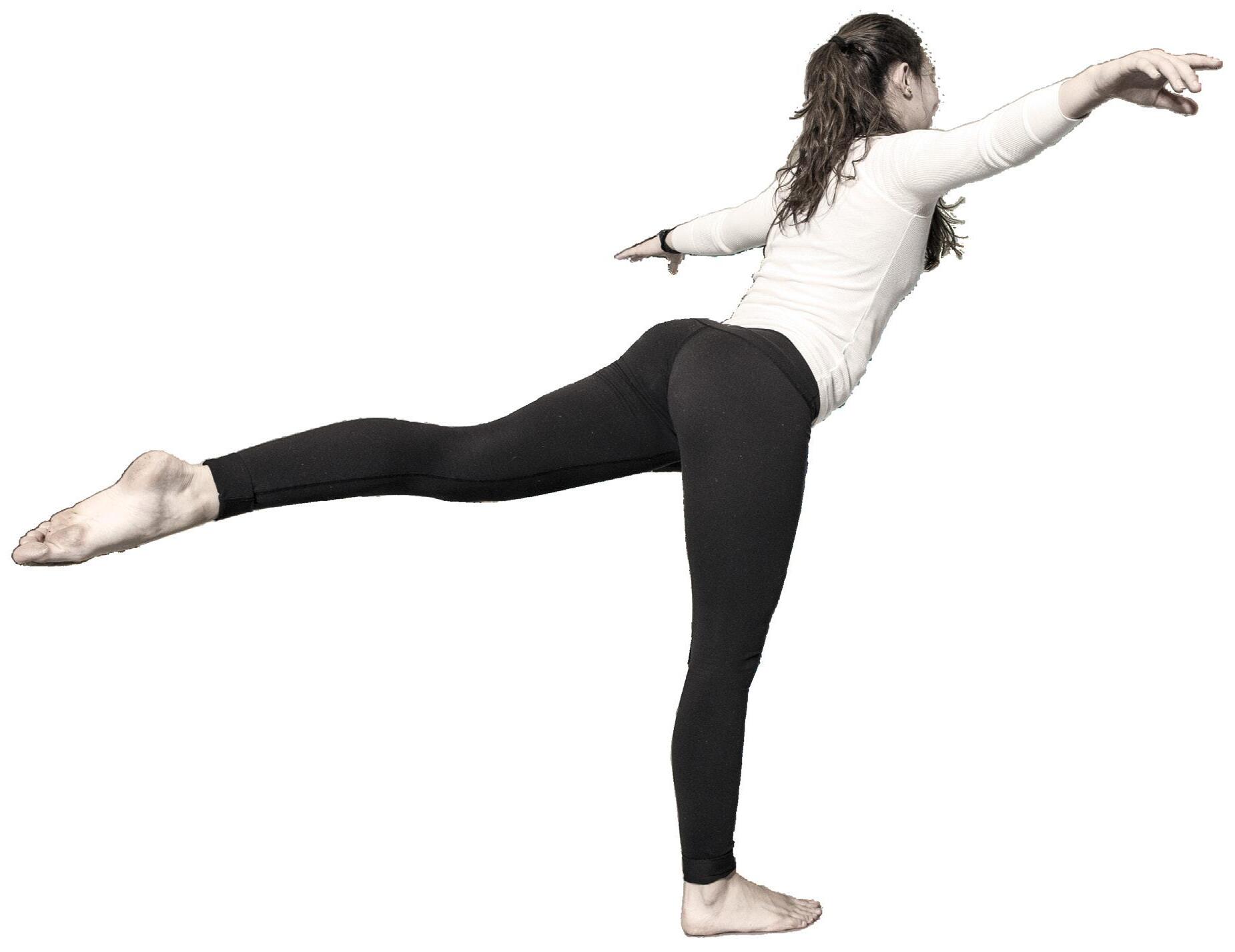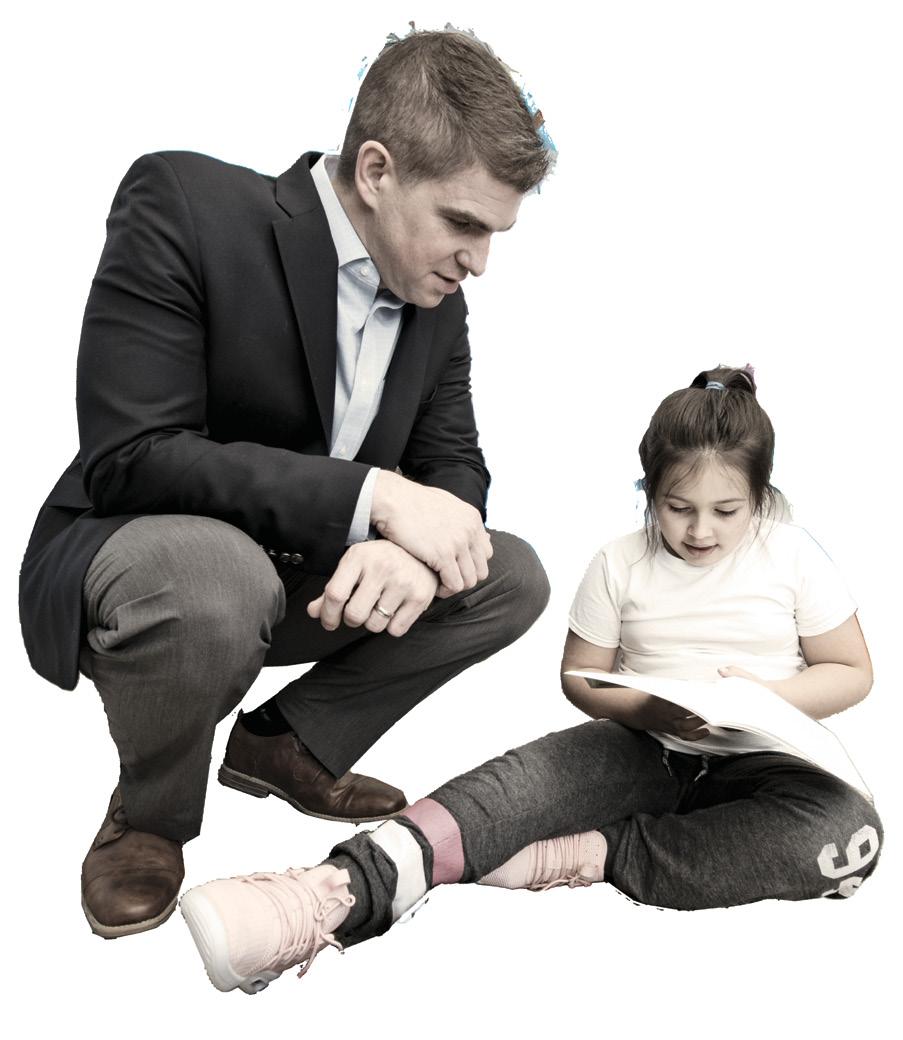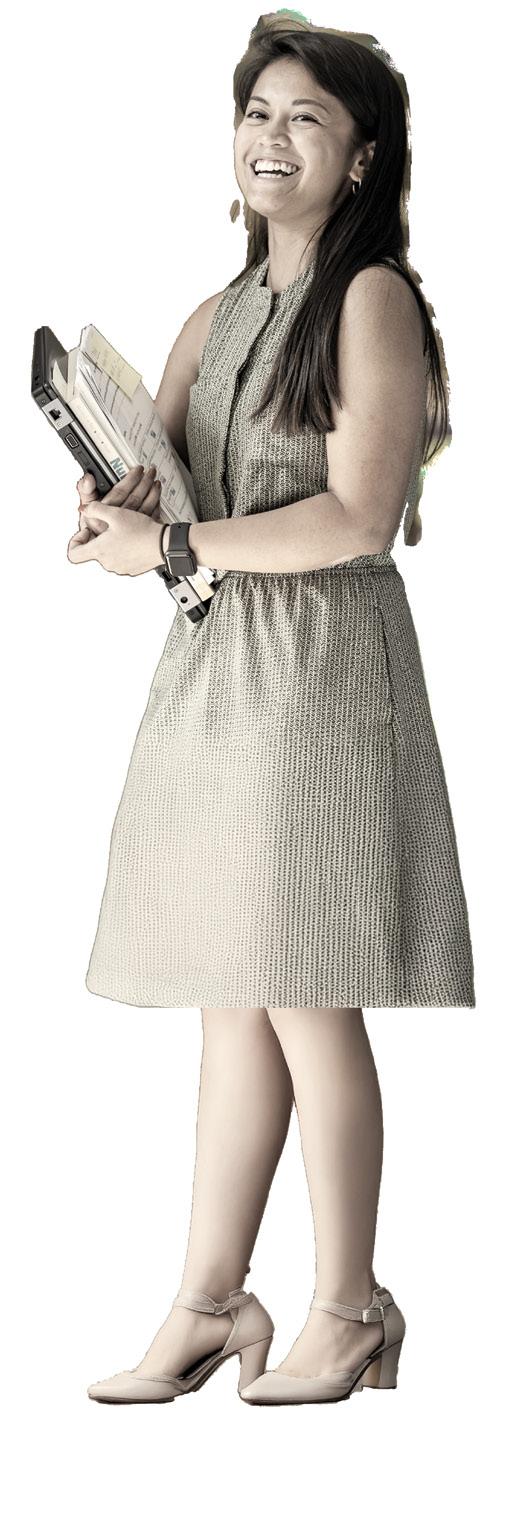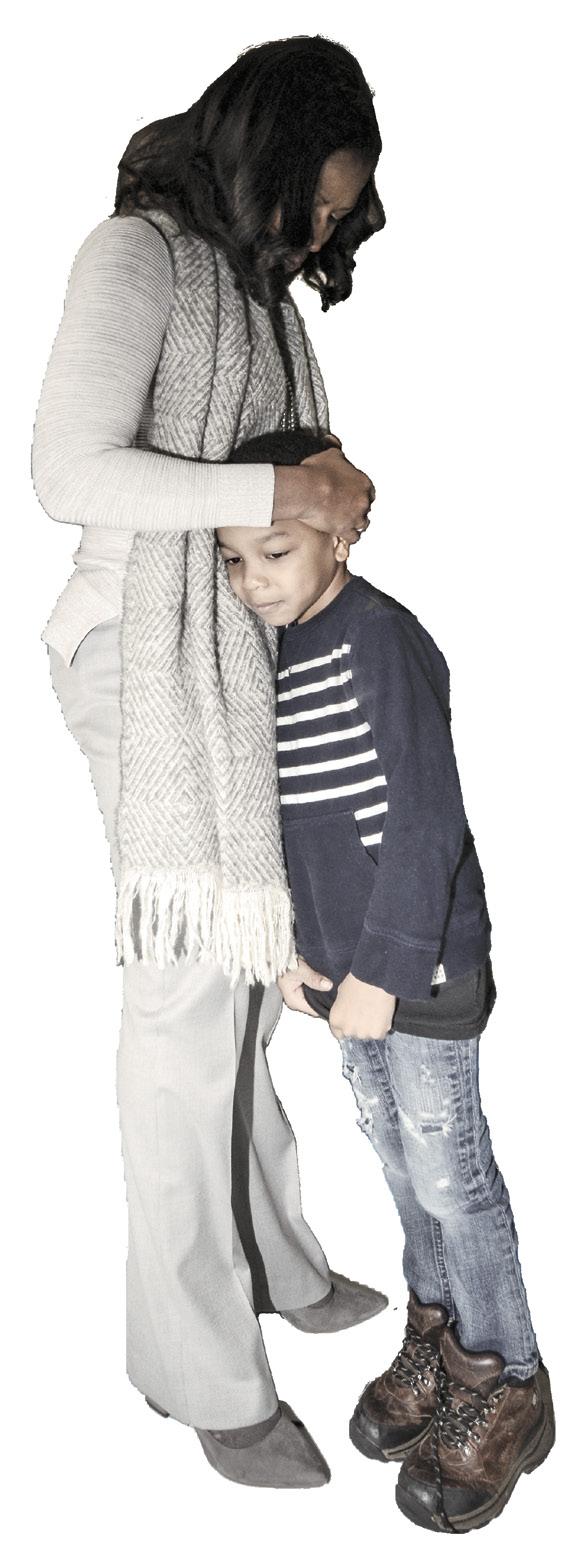2025
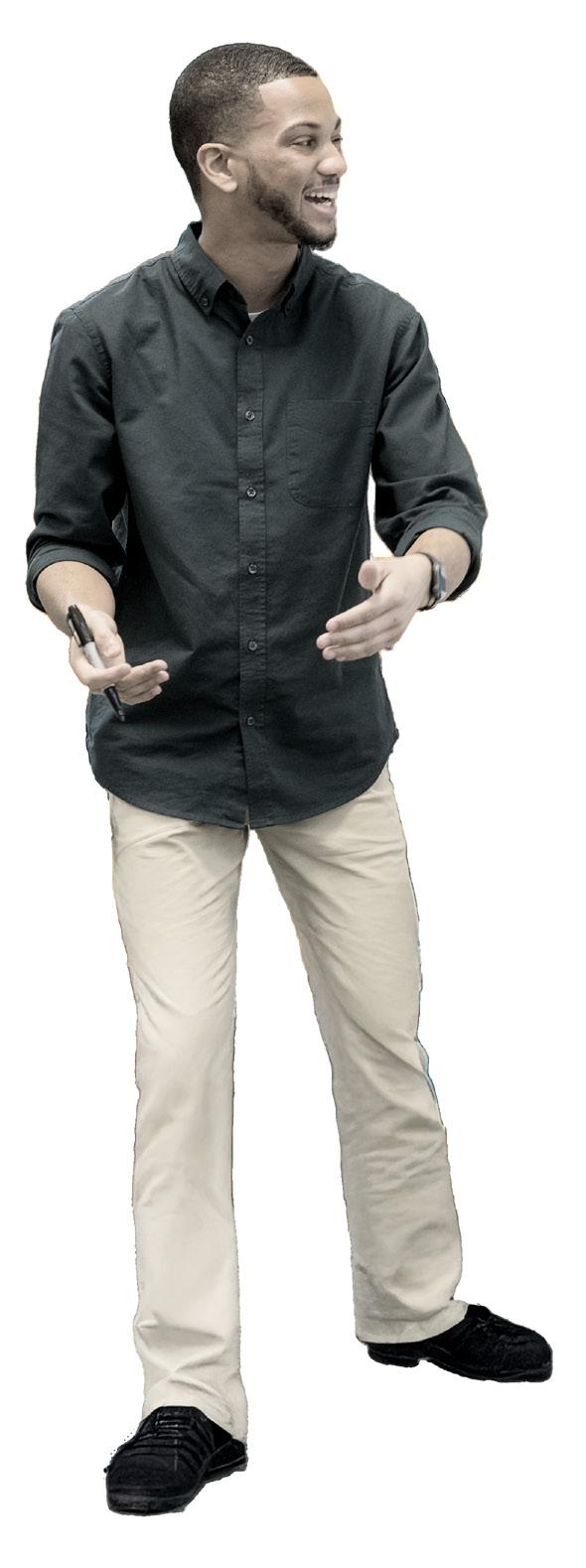
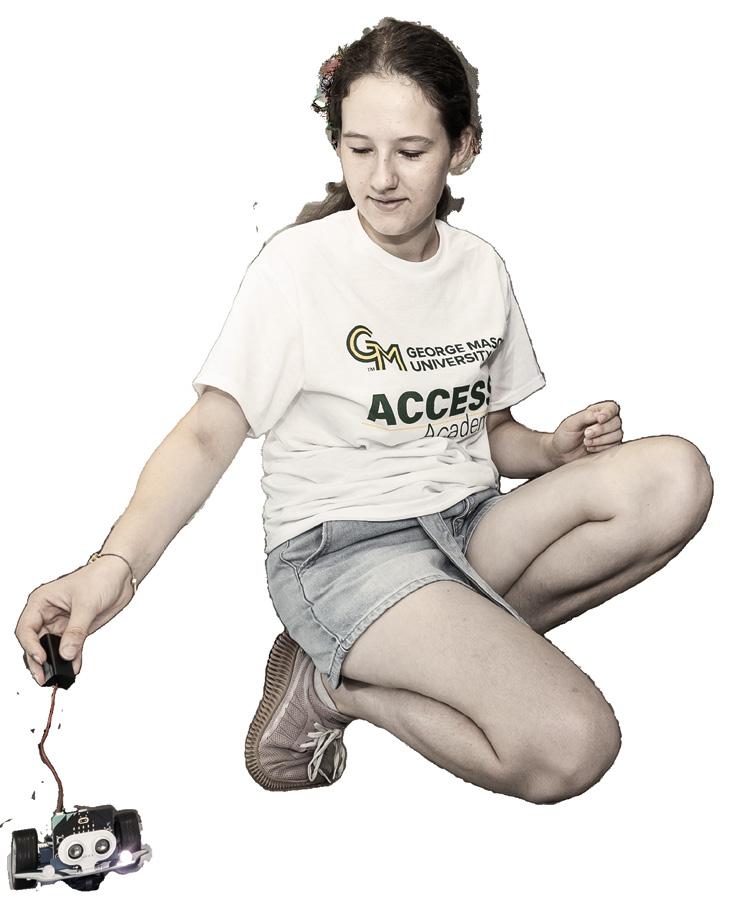
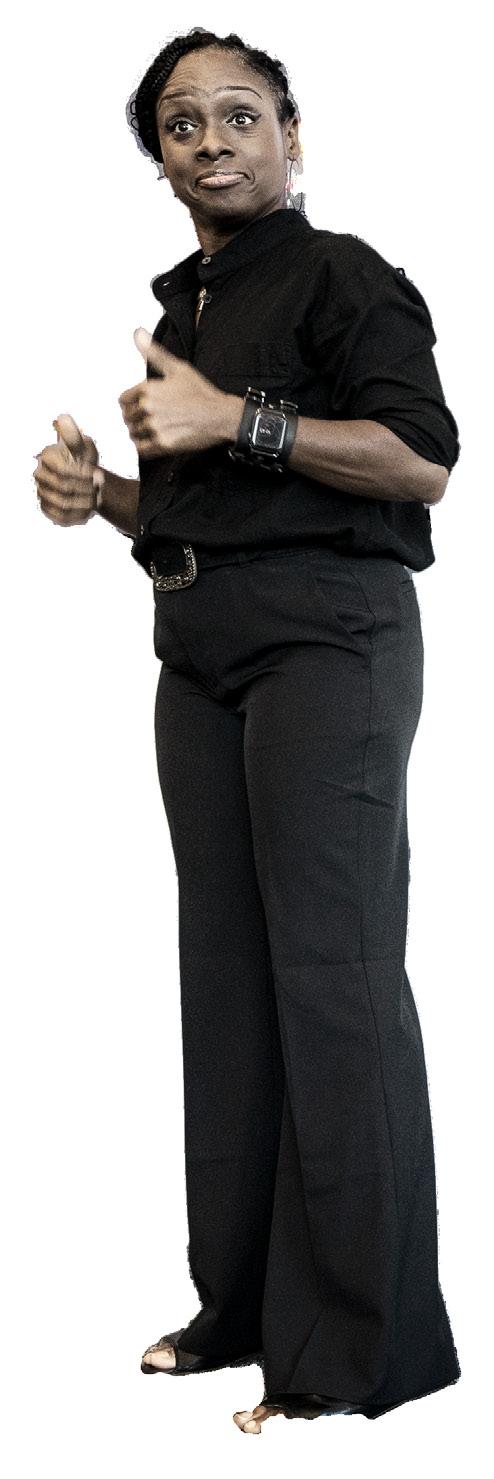
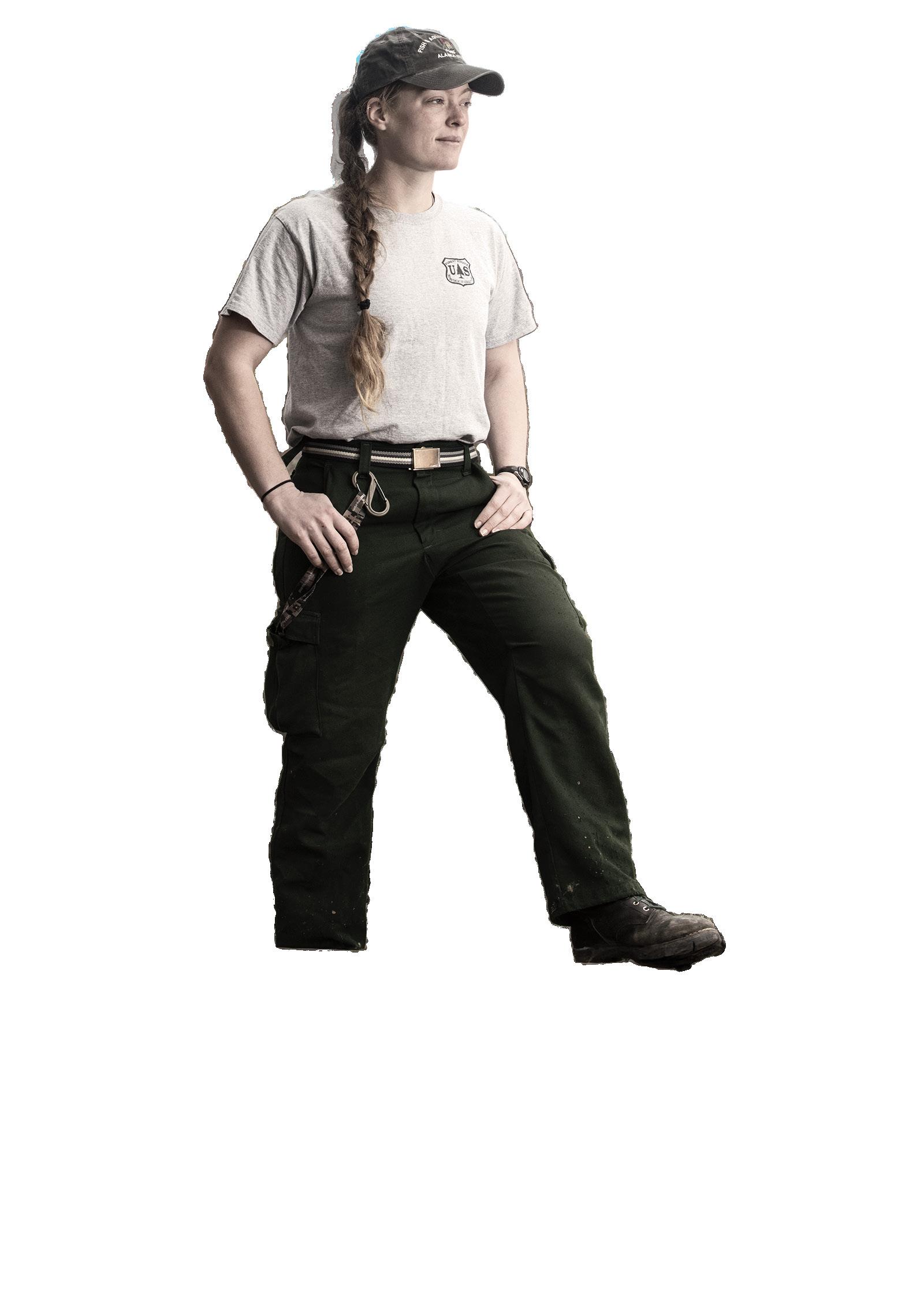


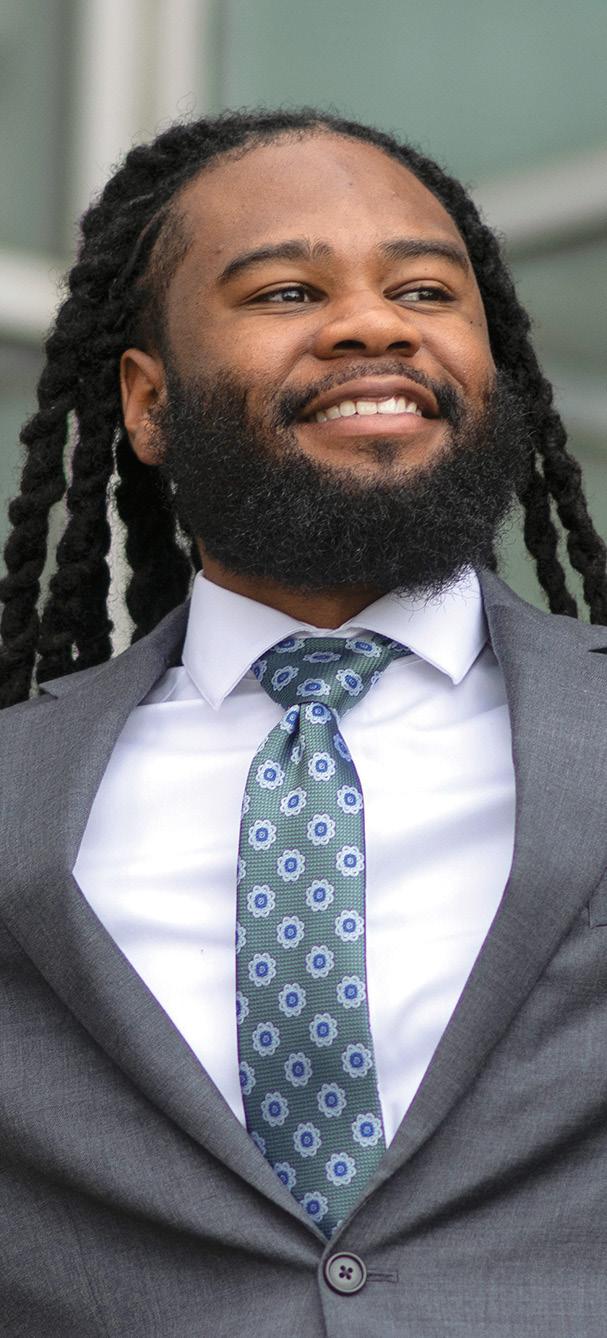
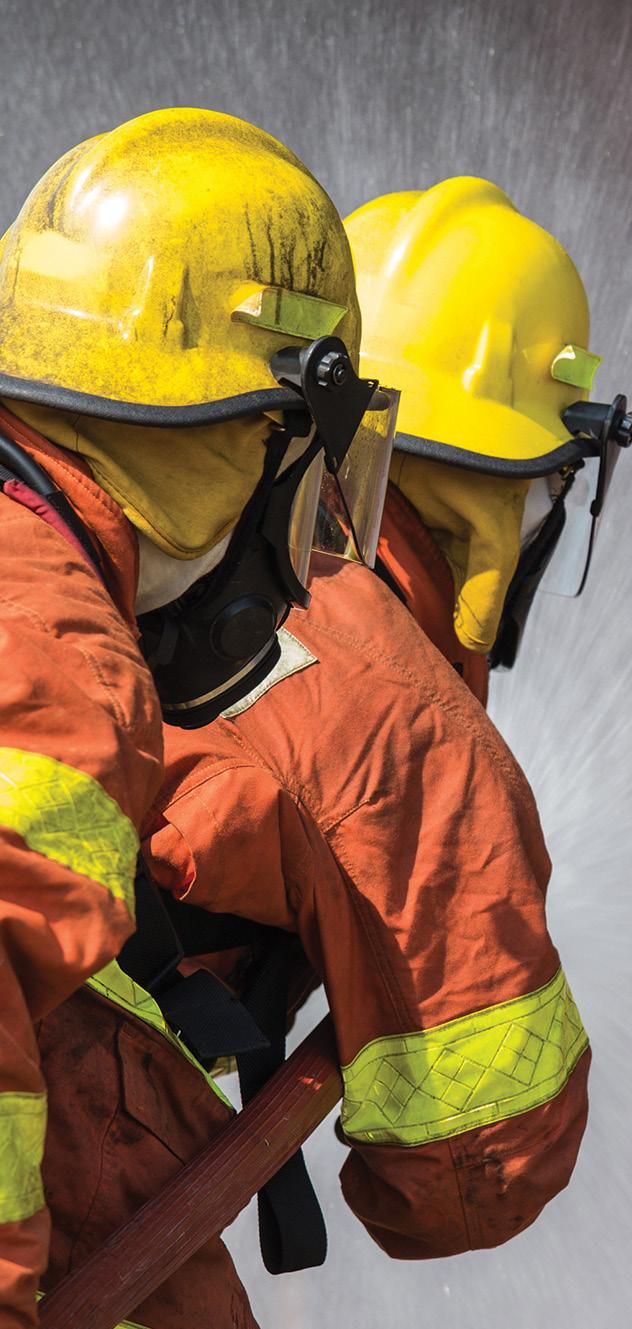
Student Success
Advising and Support Preparing Our Students for the Workforce
CEHD Students Making an Impact
10 Research and Scholarship
Using AI to Improve Student Outcomes
Augmented Reality Project Tailors Training for Firefighters
Prevention of School Violence
Introducing Elementary Students to AI and Machine Learning
Advancing Climate Adaptation and Conservation Efforts
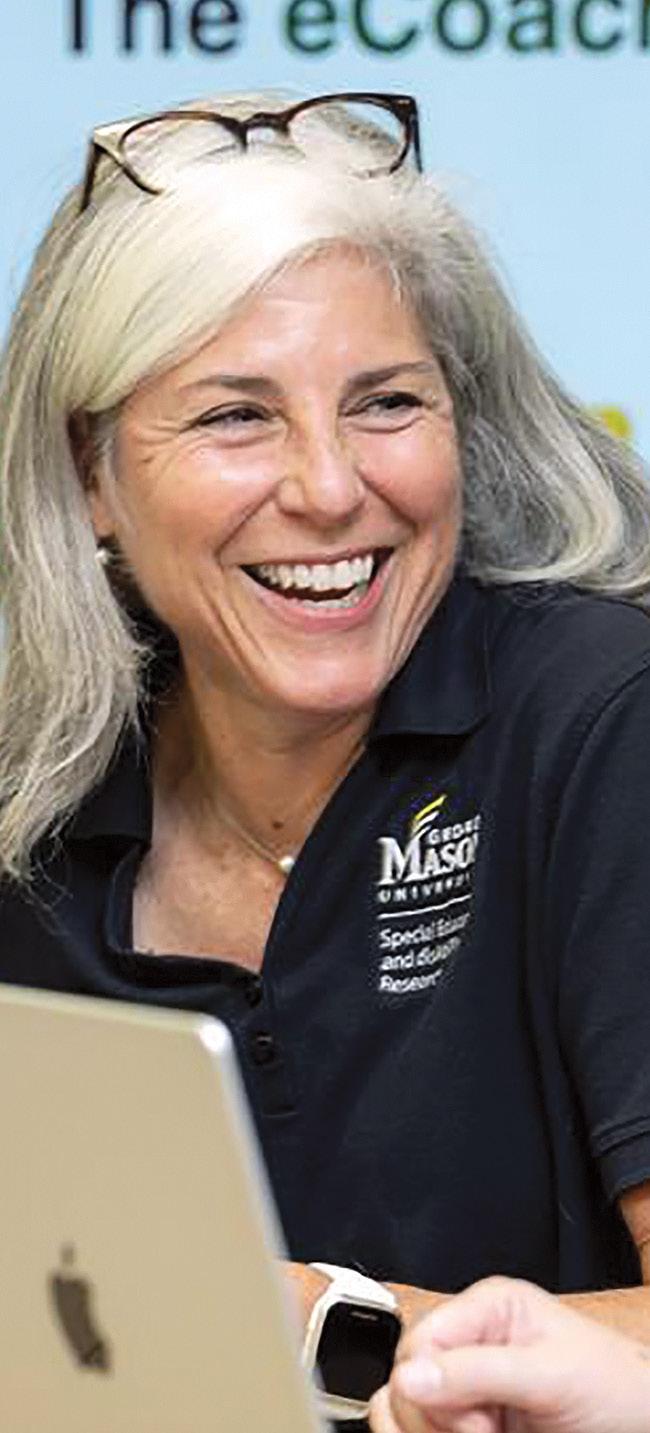
14 Faculty and Staff Success
Committed to Student Outcomes
Top 200 Education Scholar Hall of Famer
Dedicated to Faculty Excellence
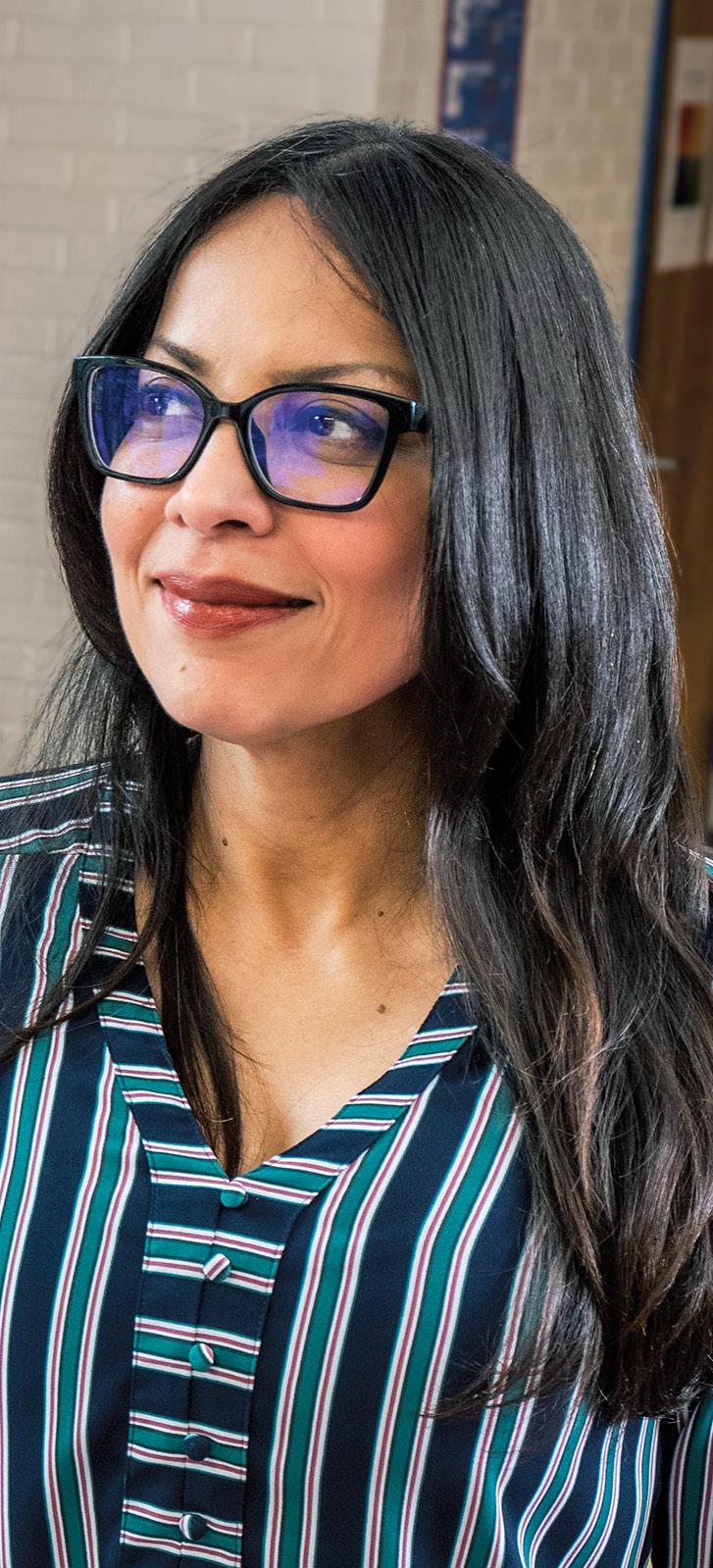
17 Economic and Societal Impact
Transformation of K-12 Education
A Collaborative Solution to Culinary Career Challenges
ACCESS Academy
Inaugural Cohort
AI Summer Camp
Tackling Secondary Literacy
Gaps with ResearchInformed Strategies
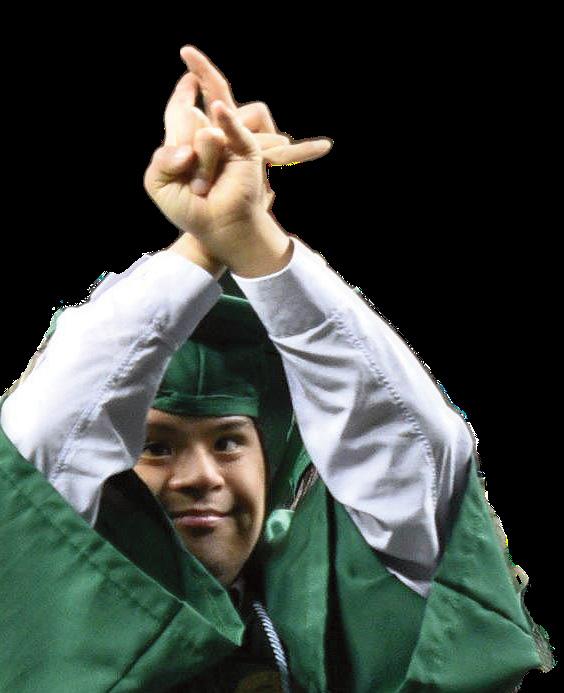
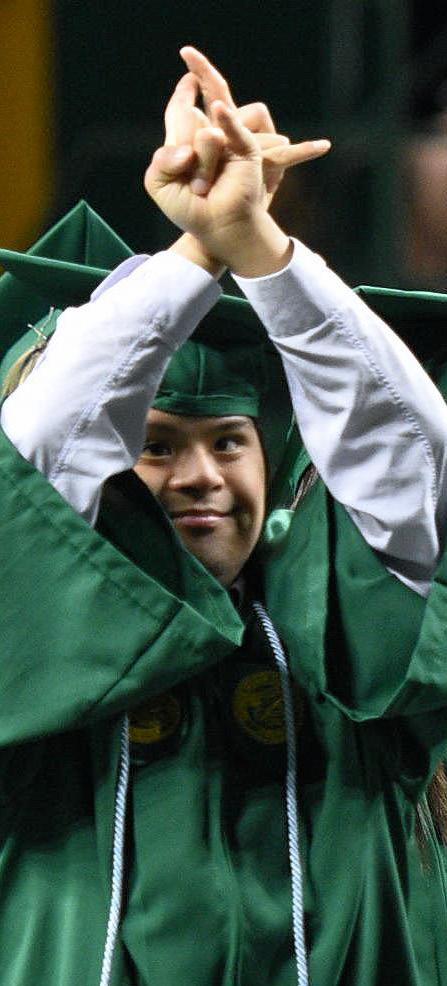
22 Your Support Makes a Difference
20 Years of Mason LIFE
Mats Hormel vQ Endowed Scholarship
Student Scholarships and Awards
Ways to Support
Welcome from the Dean
Dear Colleagues, Students, and Supporters,
I am honored to share the College of Education and Human Development’s 2025 Annual Report.
This year has been marked by innovation, accomplishment, and purposeful growth. Across our college, we remain committed to excellence—in the quality of our teaching, the impact of our research, and the ways we serve our communities. Our faculty, staff, and students are advancing knowledge and putting it into action: collaborating on real-world solutions to complex challenges and preparing educators, practitioners, researchers, and leaders who will shape the future with knowledge, integrity, and purpose.
We do this work in a rapidly changing world—shaped by emerging technologies, shifting workforce needs, and evolving societal priorities. What grounds us amid this change are our enduring commitments: fostering collaboration and community, welcoming new perspectives and ideas across disciplines and sectors, holding ourselves accountable to shared goals, and ensuring our work remains evidence-based, impactful, and relevant.
Above all, we are united in the lifelong pursuit of learning, development, and well-being for the people and communities we serve. The stories in this report reflect a community that is continually evolving and innovating with others to meet society’s needs while staying true to its mission. Together, we take a holistic approach that guides all we do, enabling us to prepare future leaders who think critically, act responsibly, and contribute meaningfully to a better world.
In partnership,
Ingrid Guerra-López Dean, College of Education and Human Development
George Mason University
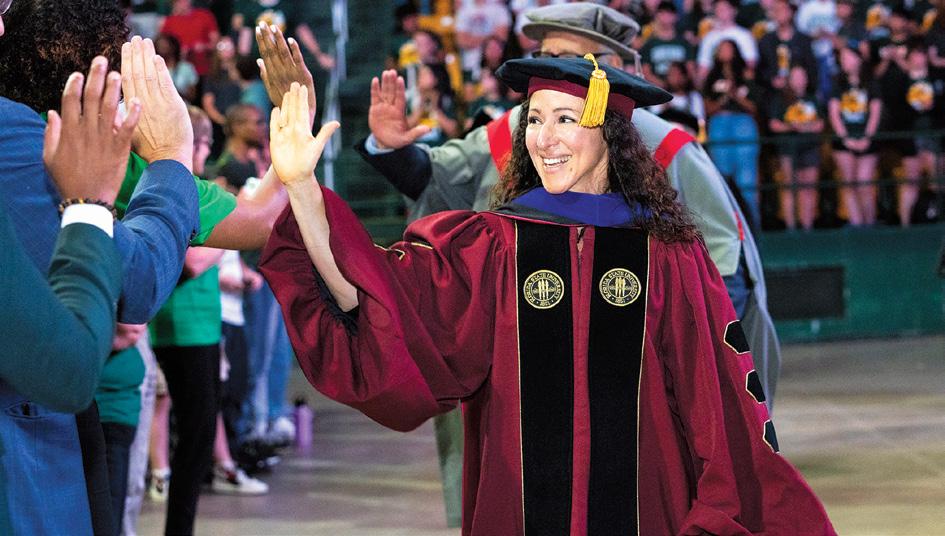
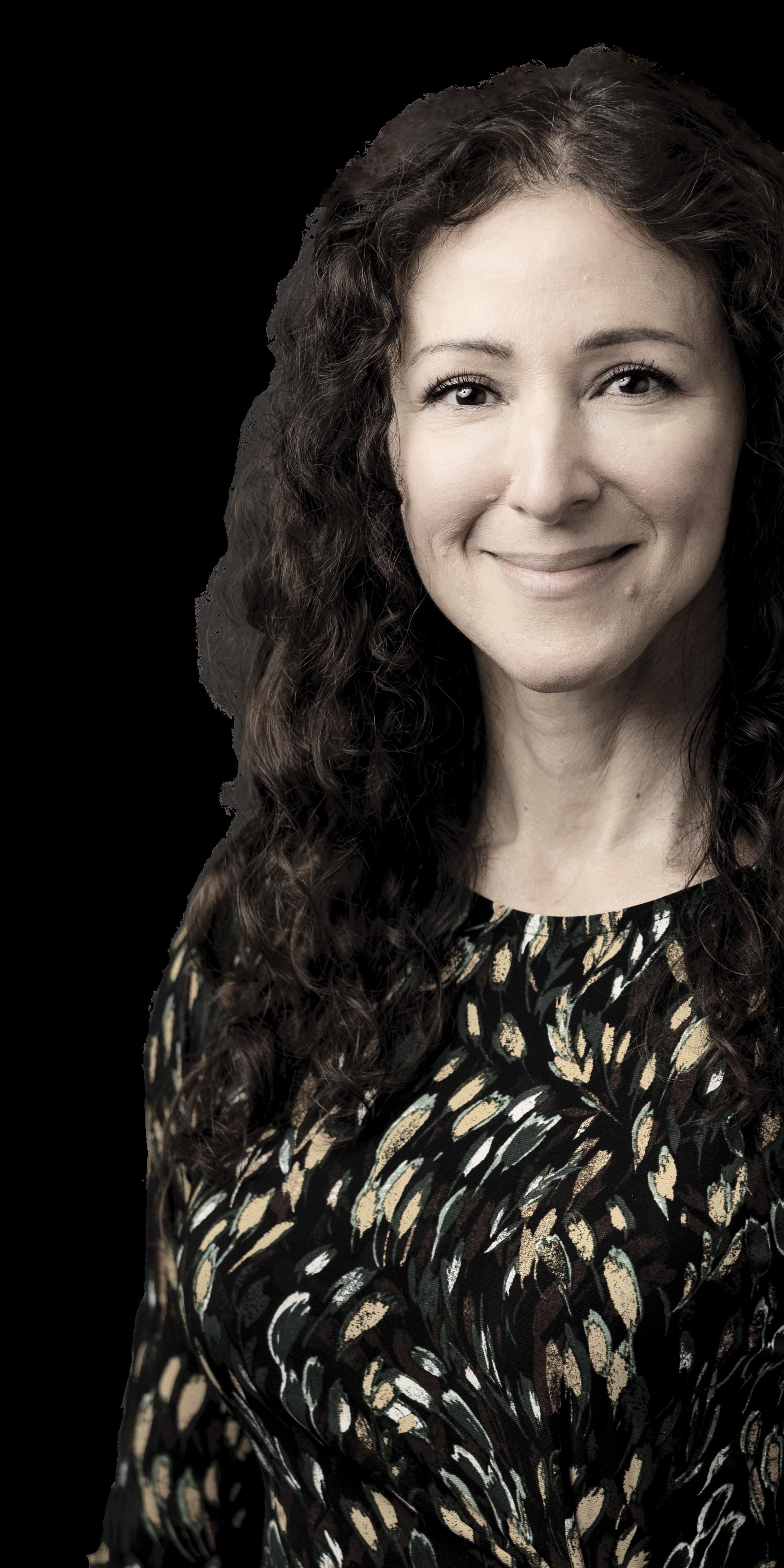

CEHD By the Numbers
30 Academic Programs
9 Bachelor’s Degrees
16 Graduate Degrees
9 Bachelor’s to Accelerated Master’s Programs
24 Minors
8 Undergraduate Certificates
15 PhD Specializations/ Concentrations
20 Graduate Certificates
Rankings
#5
Best Online Master’s in Special Education
#38
Best Online Master’s in Education
#16
Best Online Master’s in Education for Veterans
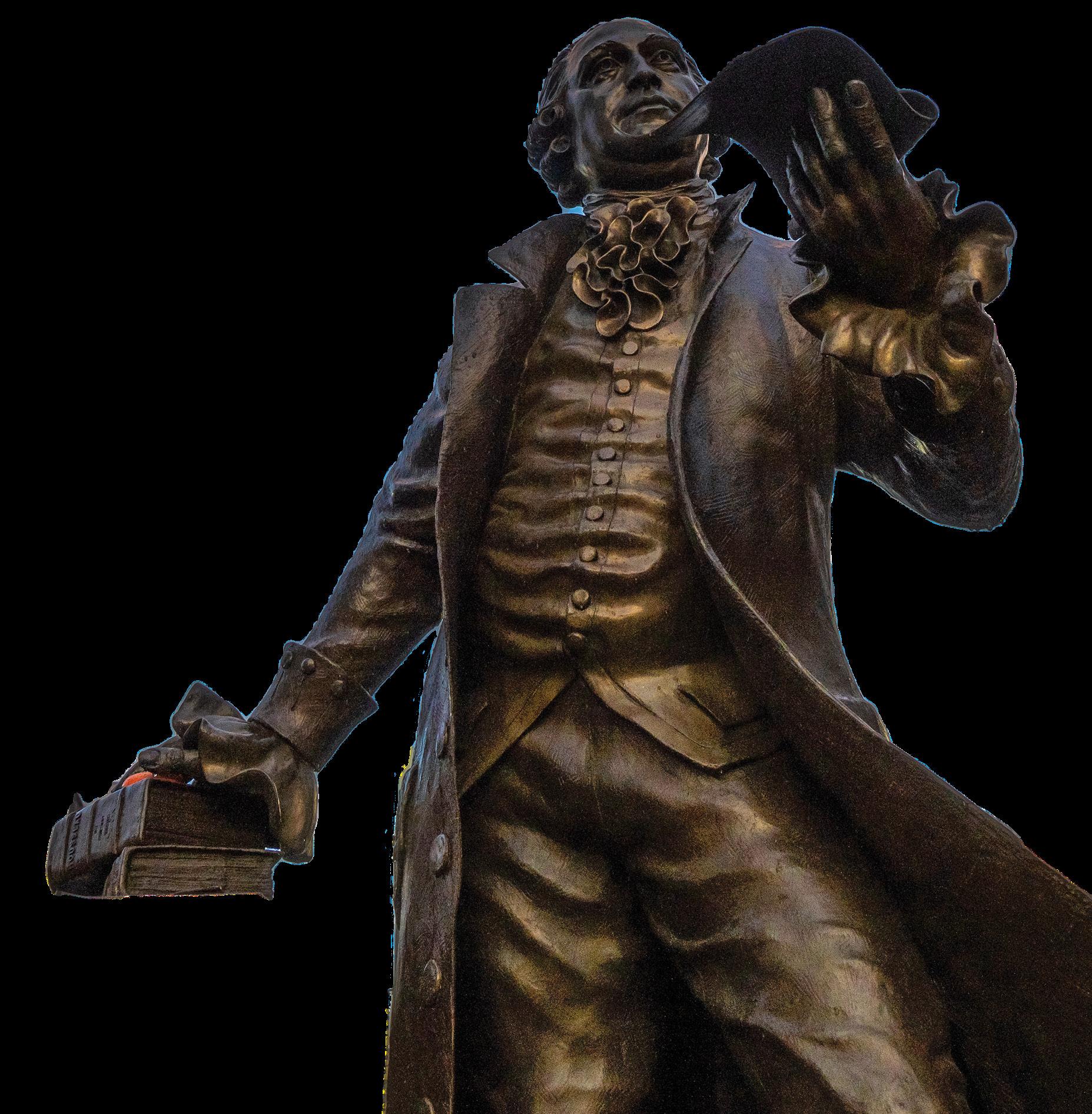
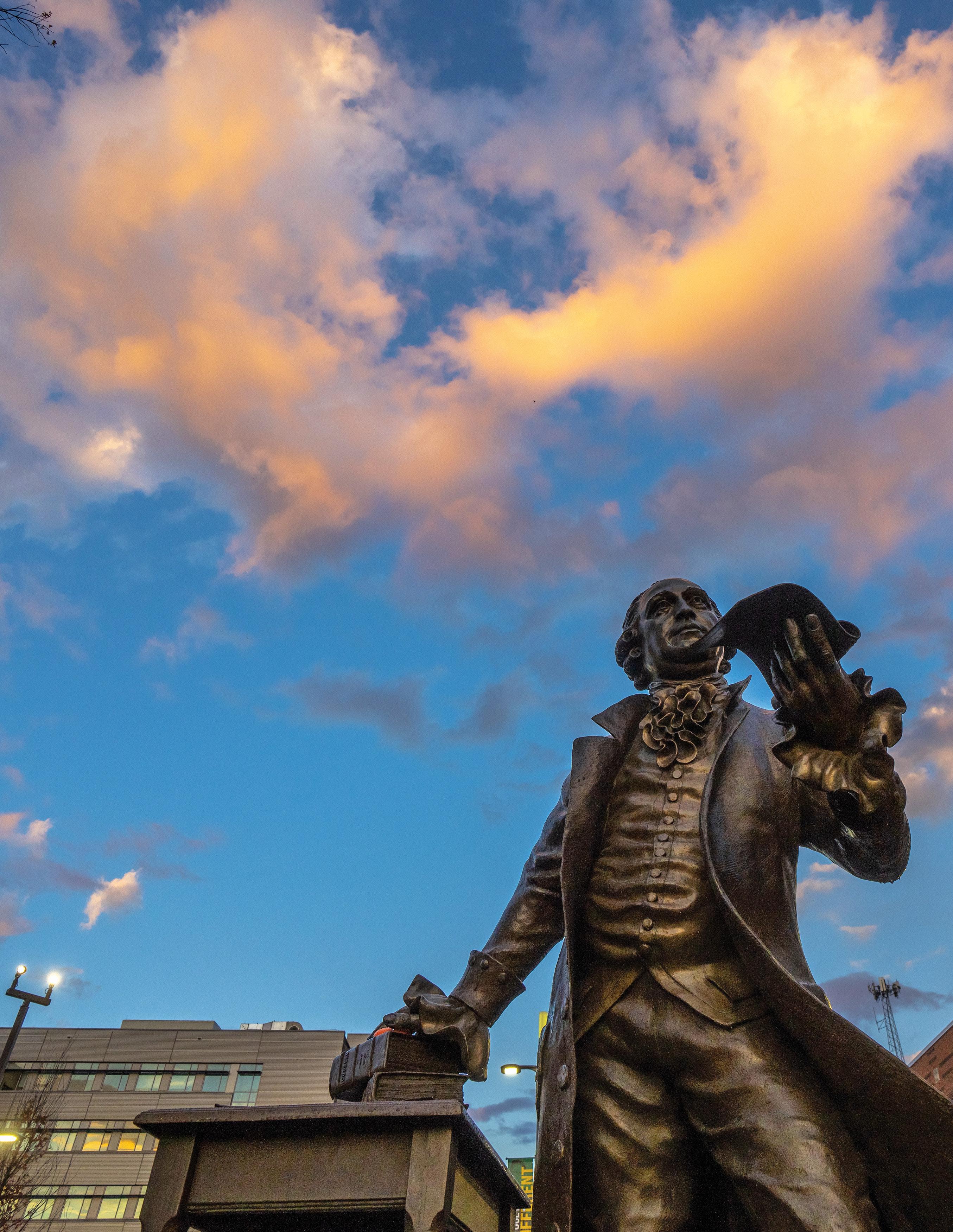
Student Success
Our students come first. In the College of Education and Human Development (CEHD), we aim to support all students in achieving their academic and professional goals while providing resources to strengthen their well-being. We take pride in the array of scholarships, awards, and innovative programs designed to empower our students academically and professionally. Our initiatives, from career readiness workshops to experiential learning opportunities, create a vibrant community that fosters growth and achievement. In this section, you will learn more about the programs and initiatives CEHD has in place to support our students’ success and well-being.
2,092 Graduate Students
1,045
Undergraduate Students
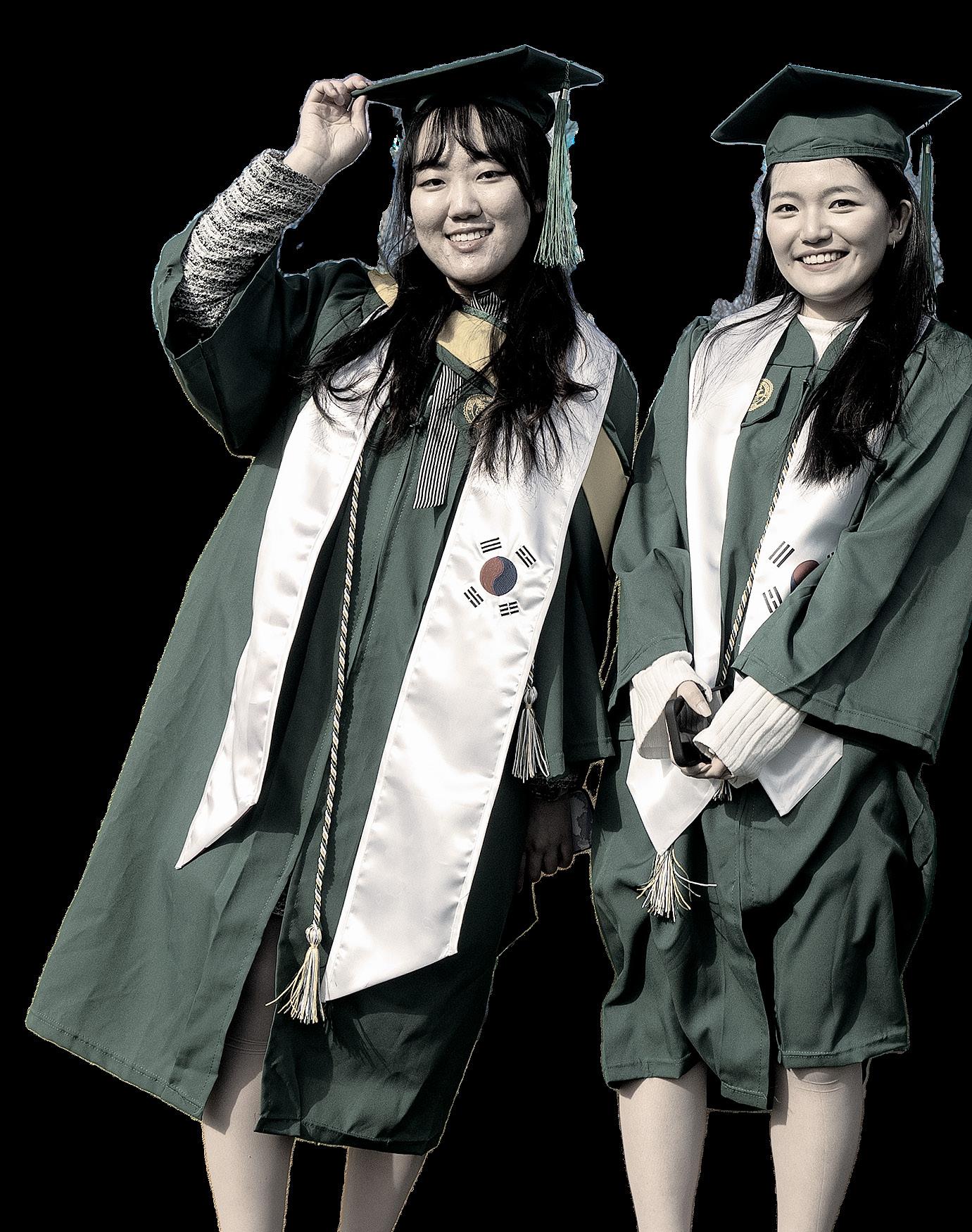
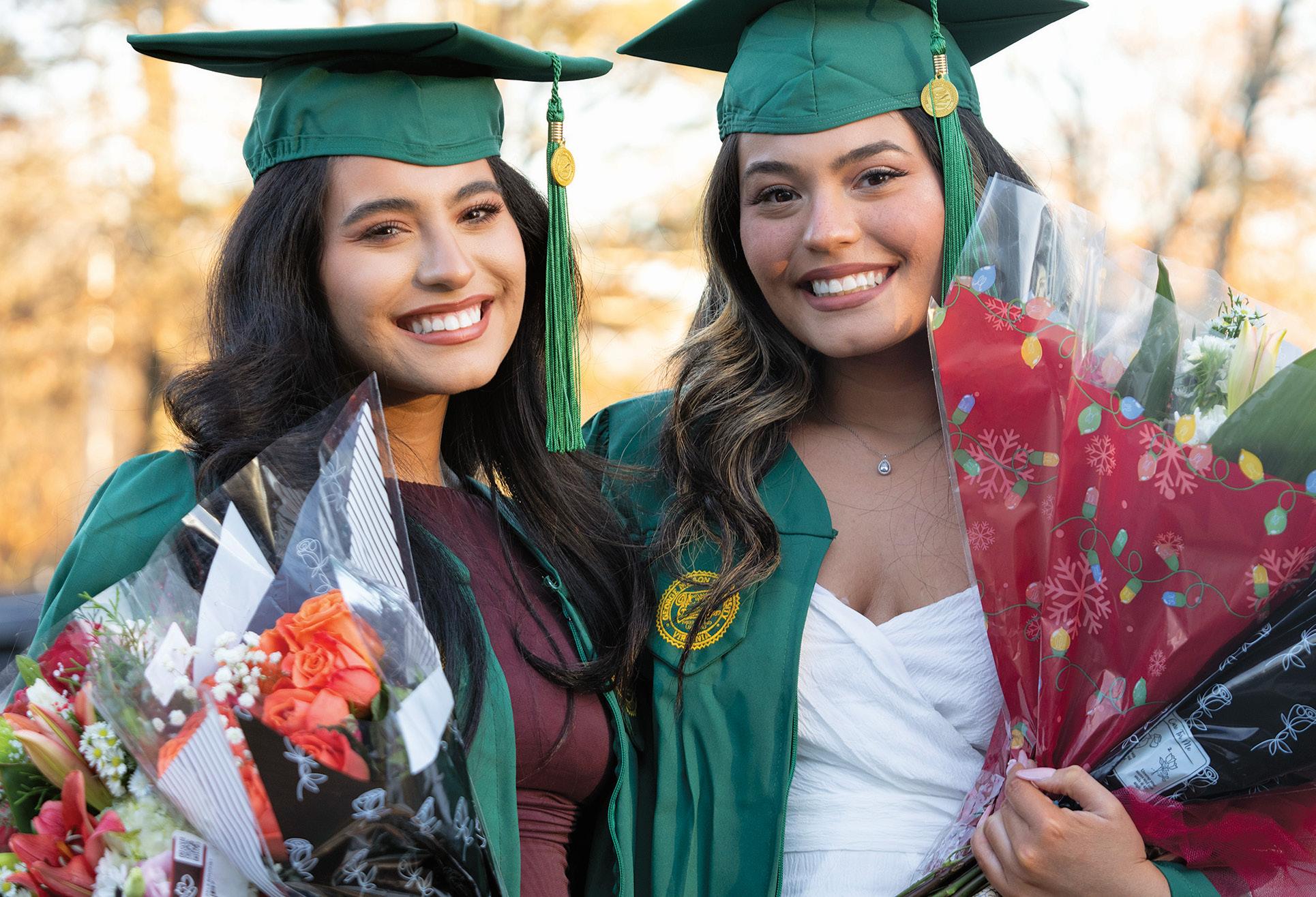
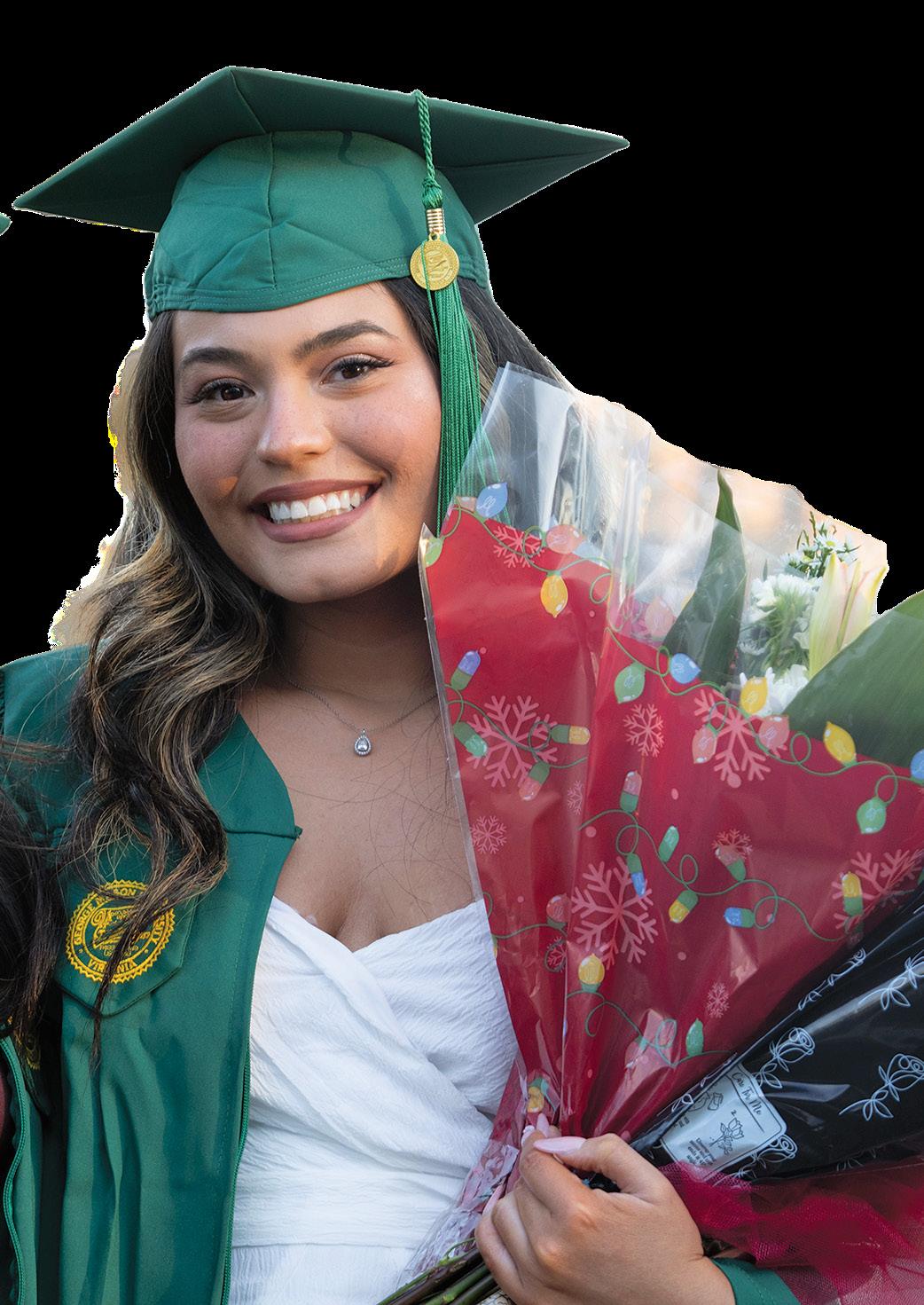
Advising and Support
On a survey sent to CEHD students between January 2024 through May 2025, at least 90% of the respondents (n=129) agreed or strongly agreed that their academic advisors were accessible, devoted the proper time and attention during their meeting, covered their questions in-depth, and provided information that allowed them to understand the steps they need to follow to take ownership of their academic experience.
“My advisor is the best! This is my first year at a 4-year university as a transfer student and I am very pleased. She actively listens to me, gives advice catered to me, is patient, and very coherent. I don’t feel like a number on her list of students she advises. I feel seen, heard, and cared for. Thank you to her for a wonderful first year!”
“My advisor is very professional and always ready to assist in any way she can. I enjoy my meetings with her because she is always prepared and answers all my questions.”
Preparing our students for the workforce
Part of our dedication to student success includes preparing our students for the workforce. Many of our programs offer opportunities for practicums and internships, providing students with real-world experiences where they connect with industry experts. These internships are valuable to positive career outcomes for our students, with 90% of our graduates entering careers relating to their academic major.
Our courses are designed to teach students 21st century employability skills such as ethical AI use. An example of this is our EDUC 616: Teaching with Generative AI course, which explores the integration and application of generative AI technologies in educational settings.
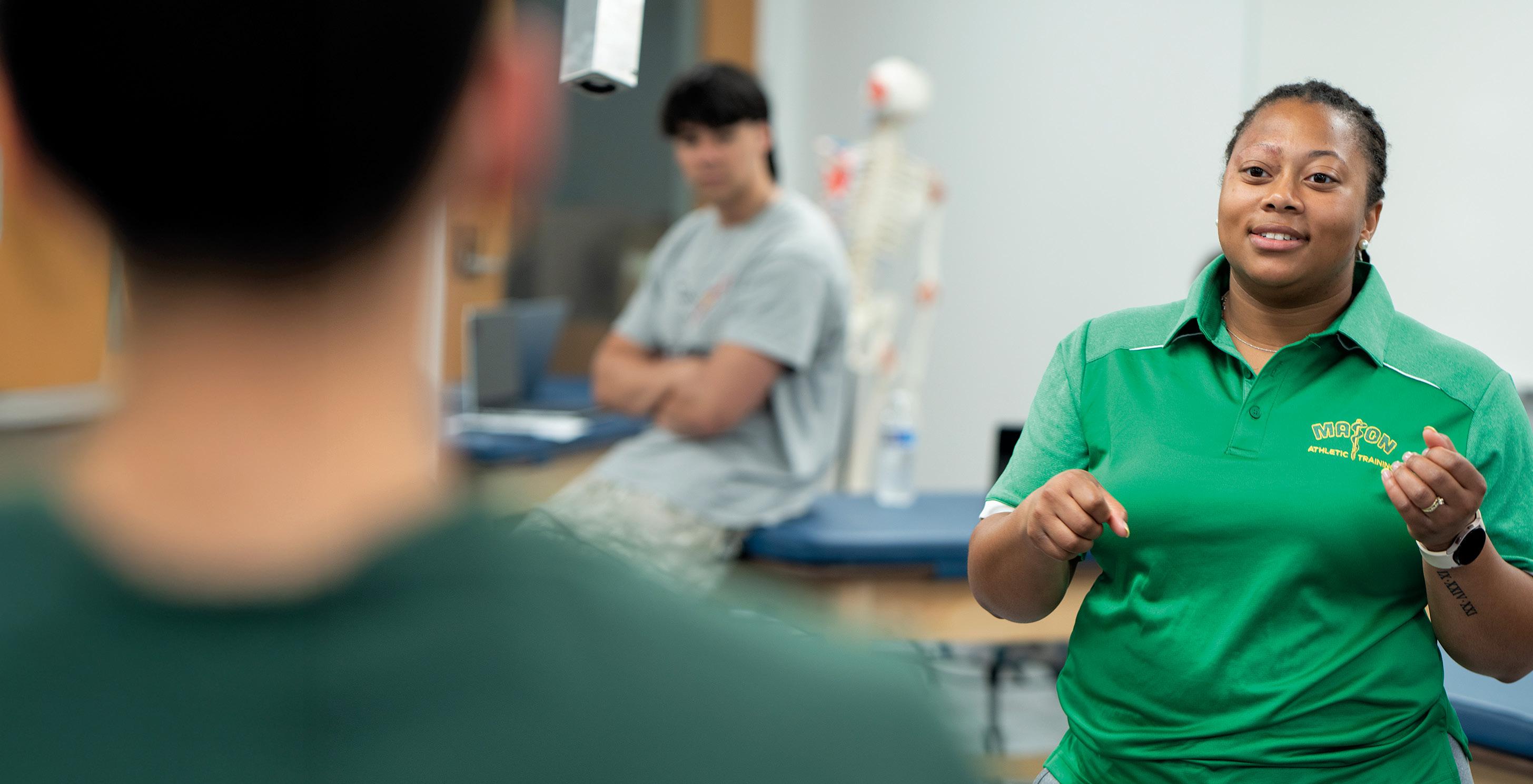
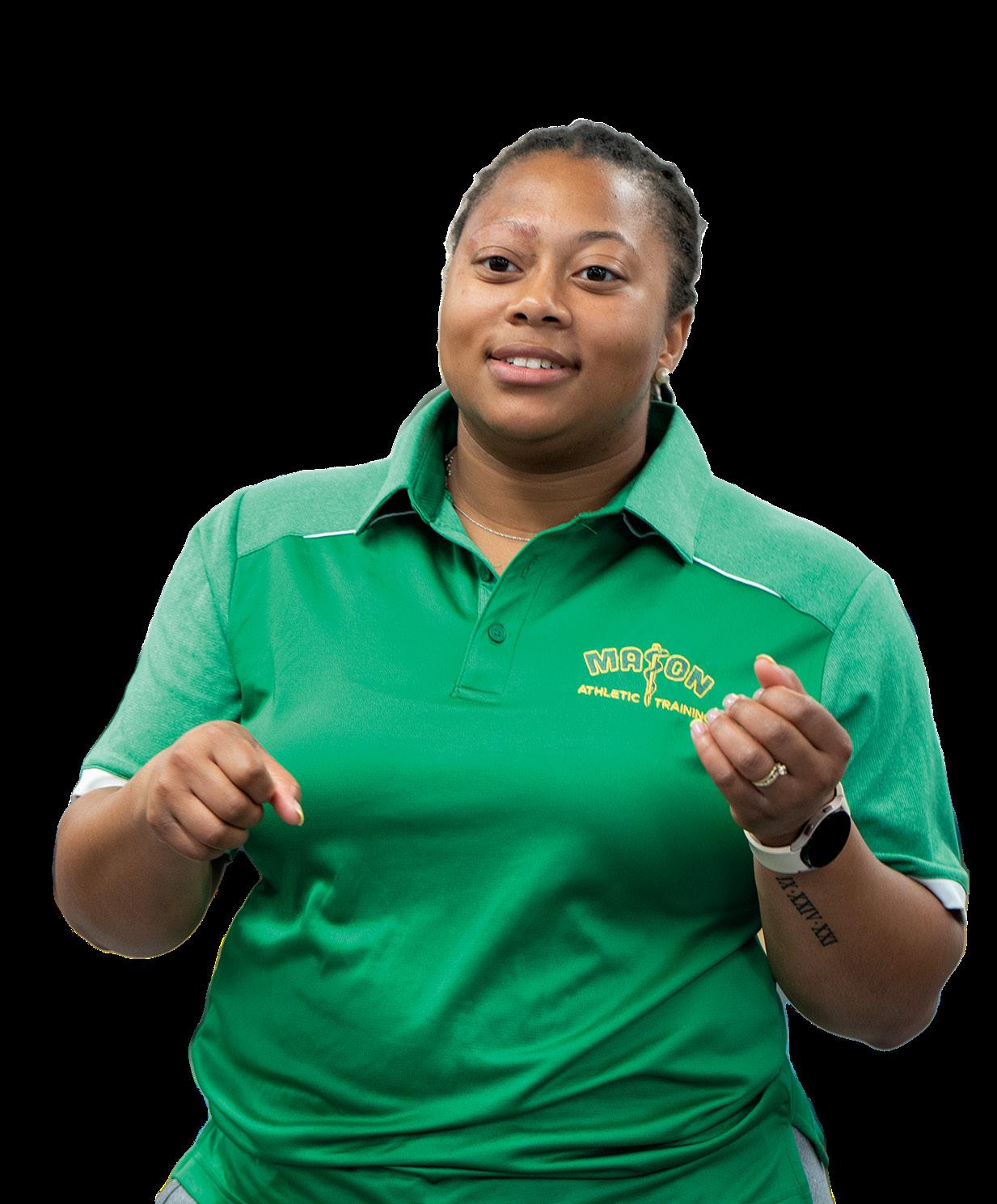
590 Student Teaching Internships
94
Graduate Students
618 Student Internship Sites
80
89% of undergraduates
Outcomes
995 External Internships Completed
CEHD Students Making an Impact
Perception and Impact of the Olympic Games
Zikun Li’s, recent graduate of the PhD in Education Program with an Interdisciplinary Specialization, research recently opened doors for her to connect with fellow scholars from around the world at the International Olympic Academy Postgraduate Seminar in Olympia, Greece.
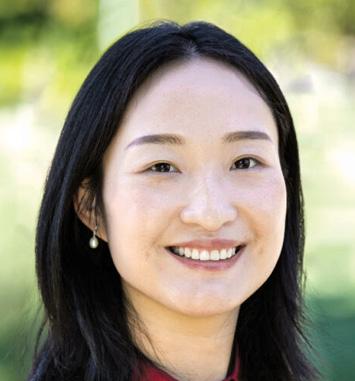
students and scholars from around the world who share a genuine passion for the Olympic Games and Olympic spirit, but more importantly, this learning journey provided me with a chronological and evolving understanding of Olympism – one not just as a symbol, but as a philosophy and a way of thinking about sports.”
sport can contribute to addressing today’s pressing social challenges and shaping the future.”
“This 20-day seminar in Olympia, Greece, was truly an unforgettable experience for me,” said Li. “I not only met and built friendships with
“The insights I gained about the origins and evolution of Olympic sports will serve as a cornerstone for my future academic inquiry into how
Most of Li’s research has focused on understanding the perception and use of sports among marginalized populations. Through her work, she realized that academic perspectives on sports are heavily influenced by a Western-centric worldview. This realization drives her aspiration to continue as a scholar after completing her PhD, with a focus on amplifying the perspectives that have been largely overlooked.
Find out more here.
81% First-time Freshmen Retention after first year
Empowering Wellness
80% Master’s Students Retained
27% of undergraduate students are First-generation Students
52% of students are eligible for Pell Grant Funding
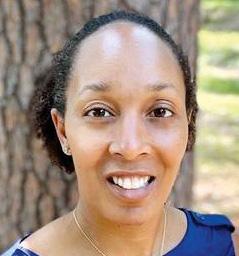
Shannon Smith, a graduate student in the Kinesiology Program, is pioneering a transformative health and wellness education initiative in Victoria Falls, Zimbabwe. Smith’s six-month community wellness program consists of health and wellness education for a cohort of 20 women. Participants receive education on diet, exercise, and mental health to ultimately become “wellness ambassadors” for Smith
their sub-communities. The pilot program began earlier this year, when Smith facilitated an in-person workshop as the foundation for the content in the program. The cohort met once a month for five months to discuss how they’ve used the information, made changes, and shared what they’ve learned.
Find out more here.

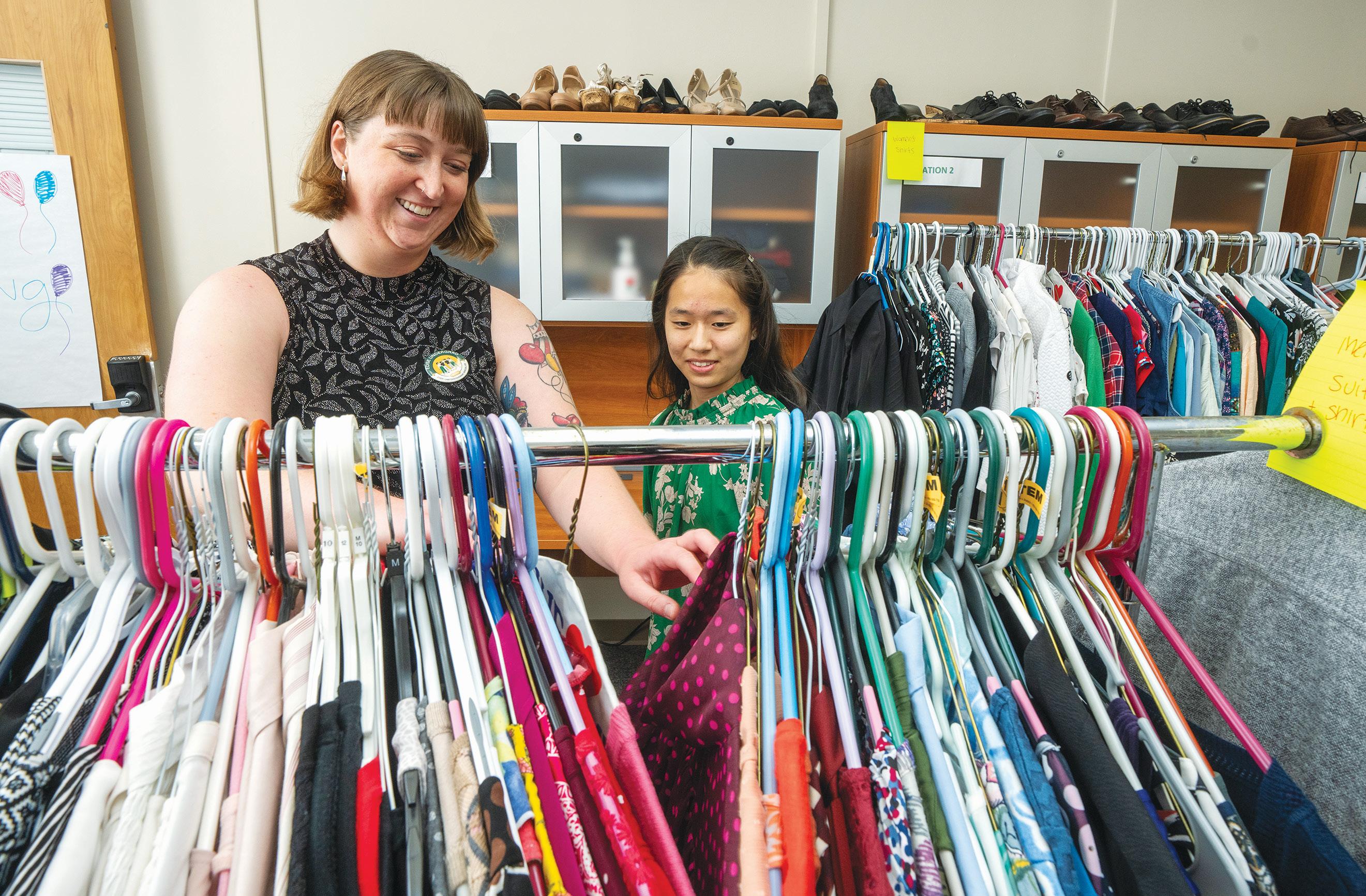
Student Research Symposium
Each spring, we host our Student Research Symposium, designed to encourage students at every level in our programs to participate in and present research of consequence. In 2025, we hosted 37 students who shared their research with faculty judges, guests, and members of our academic community. Through the experience of engaging in research, submitting their proposals, and presenting their progress and findings, participants strengthened their professional communication skills and gained connections within their fields of practice and across disciplines.
Find out more here.
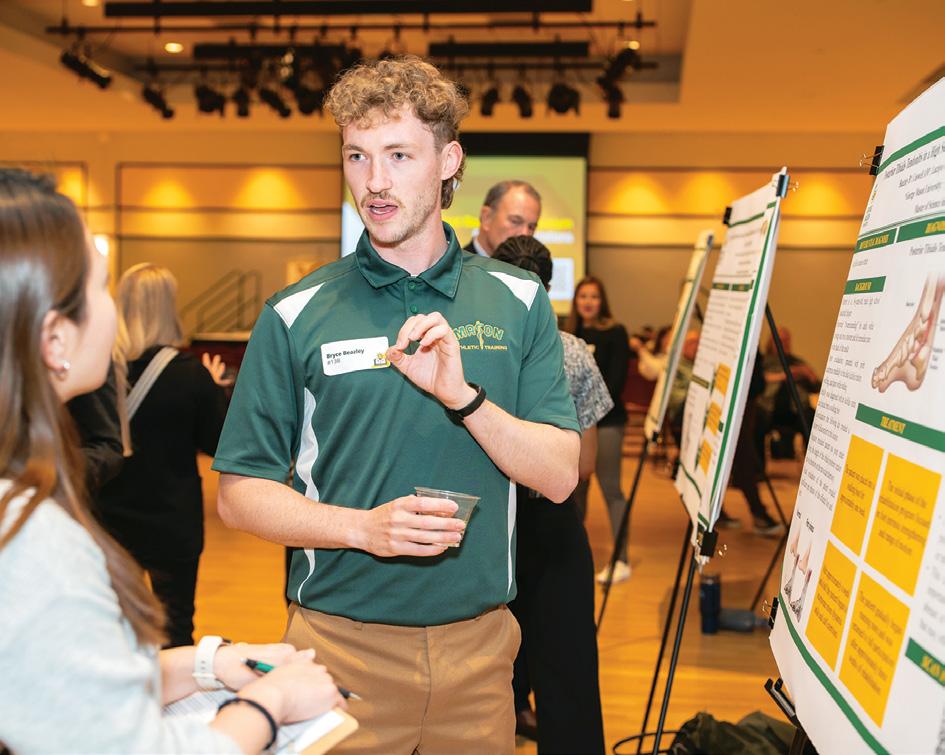
Professional Clothing Closet
This year, the EDSE Council, a new student organization named after the course code for special education courses, celebrated the grand opening of the Teacher Clothing Closet, a free resource for teacher interns to get professional clothing.
The EDSE Council’s faculty facilitator Sharon Ray, associate professor of special education, first brought the idea of a clothing closet to the council. “I spoke with several faculty members about how students struggle with resources, specifically professional clothing resources,” she said. “The council was interested in doing a fashion show, and I thought a service-oriented project like a clothing closet would be a good companion to the event.”
Many students, when starting their internships, lack adequate professional attire and the costs to buy a new wardrobe are often greater than they can afford.
Led by EDSE Council secretary and “closet keeper” Claire Johnson, a junior, the council curates the closet selection by reviewing each piece donated before they go on the racks. They’ve made sure there are a variety of sizes and styles available, and everything in the closet is teacher approved. Any clothing that is considered too casual is re-donated.
Find out more here.
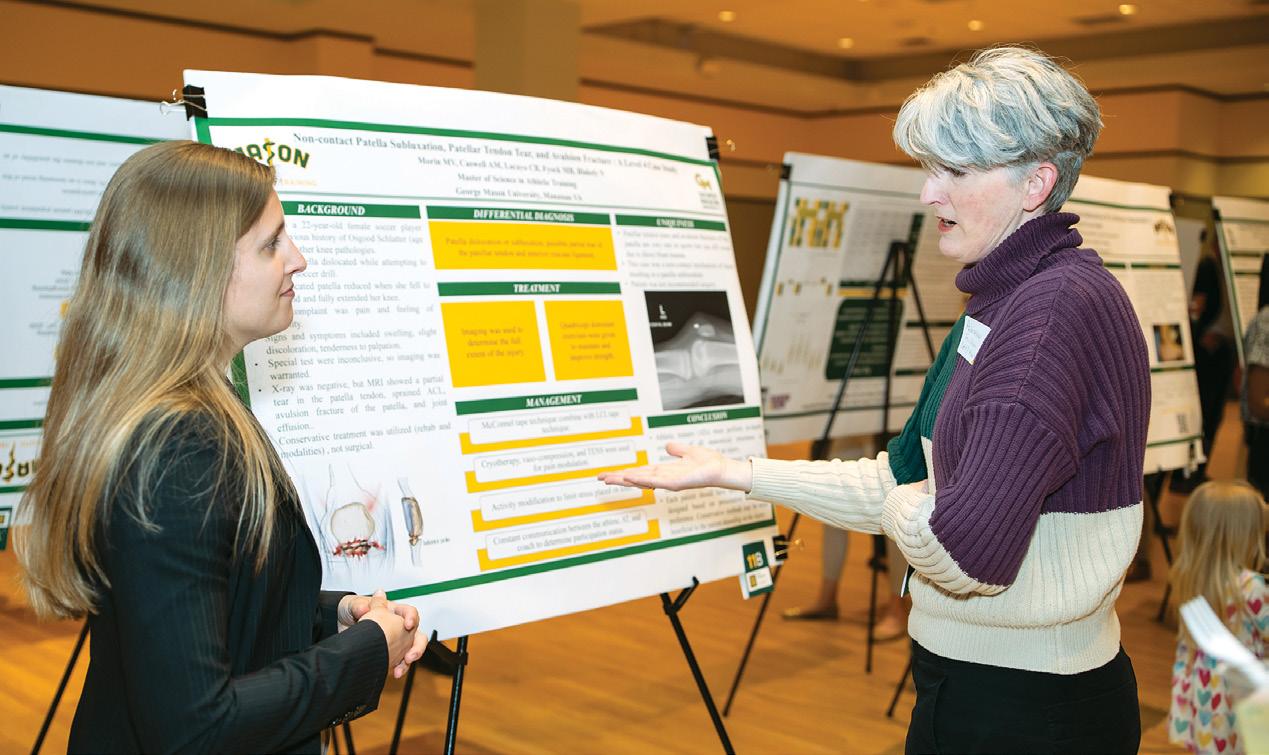
Research & Scholarship
Our college takes pride in the transdisciplinary, groundbreaking research our faculty and students engage in. The scholarship produced by our community is deeply rooted in our commitment to improve the health, well-being, and learning outcomes for people of all ages.
Our faculty’s research projects have contributed to the success of George Mason in becoming one of the youngest universities in the nation to have an R1 designation from the Carnegie Classification of Institutions of Higher Education. We are actively aligning our research efforts with George Mason’s Grand Challenge Initiative, driving solutions for a peaceful, healthy, and prosperous future. In this section, you will learn about some of our current research initiatives.
12 research centers, institutes, and labs
$10.7M research expenditures in FY25
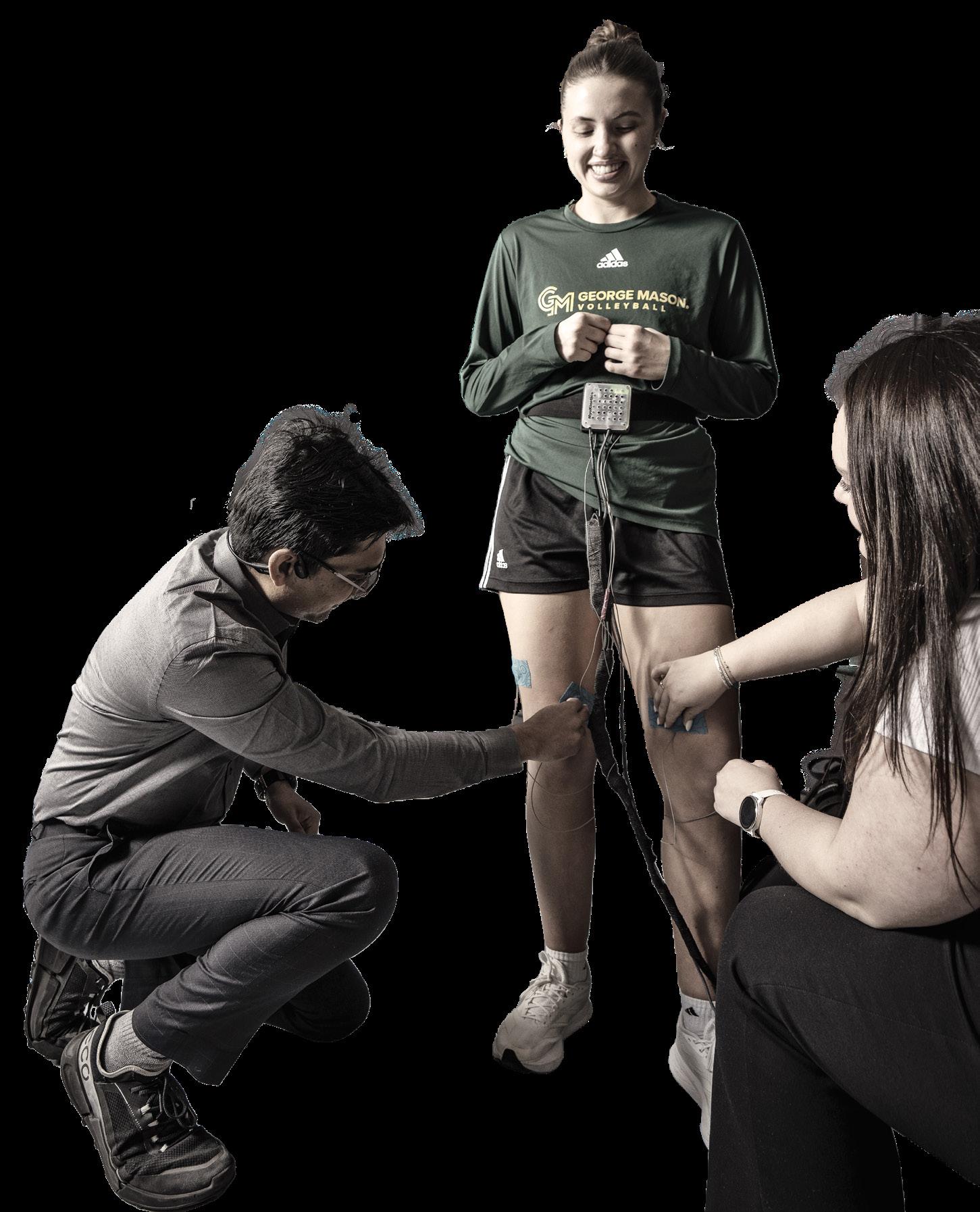
A research team comprised of faculty across several CEHD programs has been awarded a training grant from the U.S. Department of Justice (DOJ) in support of their project titled, “Comprehensive Safety and Violence Prevention in Diverse Middle Schools.” This initiative focuses on integrating comprehensive school-based mental health systems as part of proactive violence prevention programming in public middle schools in Prince William County, Virginia.
The primary goals of this project are to improve school climate, increase perceptions of safety, and reduce violence in all 17 middle schools within the Prince William County Schools (PWCS) system. Central to this project is the recognition that students’ access to comprehensive school-based mental health systems of support can play a critical role in reducing the prevalence of school violence and that creating a school environment conducive to learning requires prioritizing the physical safety and emotional well-being of students and staff. While existing preparation programs for teachers, school leaders, counselors, psychologists, and social workers provide introductory training on how a student’s social, emotional, and behavioral responses can impact their learning, there is an increasing need for more in-depth mental health training to help facilitate a positive school climate and strengthen interprofessional connections within the school community. This project intends to address that need through the development of on-site training for multidisciplinary school personnel that will provide them with the skills necessary to support student mental health as part of a proactive violence prevention program.
Funding for this project will approach $2 million over three years through a competitive solicitation that was announced by the DOJ Bureau of Justice Assistance. Leading the research team as Principal Investigator is Elizabeth Levine Brown, associate professor in the Elementary Education and Educational Psychology Programs. Co-Principal Investigators include Stephanie Dailey, assistant professor in the Counseling Program, and Samantha Viano, associate professor in the Education Leadership and Education Policy Programs.
Find out more here.
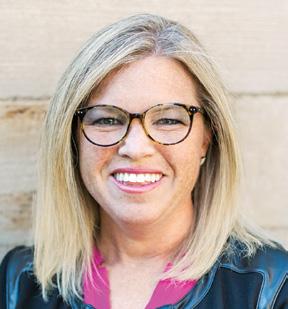
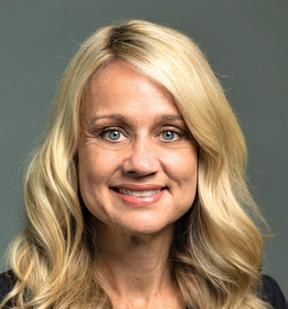



43 research awards received in FY25 external
$13.1M total value received
83 grant proposals submitted in FY25
$67.7M total value submitted in combined value of research proposals year over year (FY24 – FY25) 24% increase
Augmented
Reality Project Tailors Training for Firefighters
Through the National Science Foundation’s EArly-concept Grants for Exploratory Research (EAGER) program, Craig Yu, associate professor of computer science, and Joel Martin, associate professor of kinesiology, are developing an augmented reality program that could help train firefighters while minimizing risk.
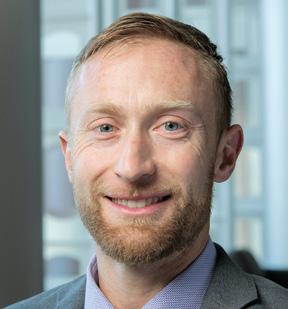
As described in their project proposal, “Adapting Mixed Reality Training Programs to Real-World Scenes to Enhance Human-AI Teaming in Emergency Responses,” the new training would utilize augmented reality to create realistic training scenarios for firefighters. Based on a 3D digital twin of the room, the program will use AI to analyze what’s in the room and create a realistic outbreak of fire: where it is most likely to start and spread, and where civilians are most likely to be.
Martin and Yu are in the early phases of development but hope to deploy their initial training designs with Fairfax County Fire and Rescue soon. They both have hopes for further incorporation of AI and augmented reality technology in firefighting tools, such as headsets that can scan the environment and offer real-time feedback about potential dangers, exit strategies, and health metrics as firefighters enter hazardous zones.
Find out more here.

Advancing Climate Adaptation and Conservation Efforts
Sammie Powers, assistant professor in the Recreation Management and Sport and Recreation Studies Programs, is leading a team that has been awarded a grant from the U.S. Geological Survey (USGS) in support of an interdisciplinary, multi-university project for which she is the Principal Investigator titled “Social Network Analysis of the Environmental Justice and Climate Justice Community Active in Climate Adaptation and Conservation.” The project focuses on the development and testing of a social network analysis methodology for the USGS National and Regional Climate Adaptation Science Centers (CASC) to identify, map, and measure the patterns of organizations that are engaged in environmental and climate justice work as it relates to climate adaptation and conservation.
stewards to expand and sustain effective partnerships that integrate the principles of environmental and climate justice into their climate adaptation and conservation efforts.
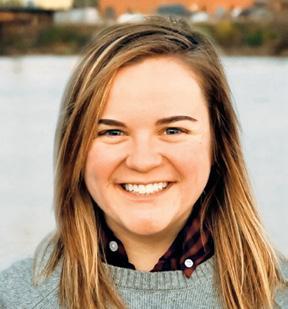
The goal of the study is to develop a methodology for social network analysis that will enhance the ability of CASCs, resource managers, restoration professionals, and land
Powers elaborated on the project’s goals and its importance in addressing the threat climate change poses to all populations. She stated, “Escalating environmental challenges, coupled with continued environmental and climate injustices, warrant an urgent rethinking of our strategies for advancing climate adaptation and conservation. Success in these endeavors hinges on cohesive and strategic collaboration among a robust network of partners who are actively engaged, committed to the principles of both environmental and climate justice, and work effectively across sectors, scales, and jurisdictions. Building, maintaining, and strengthening such a network is not without challenges, making the identification and understanding of relevant partners with shared resource management objectives vital for successful collaborative conservation and climate adaptation that center environmental and climate justice.” Find out more here.
Using AI to Improve
Student Outcomes
Seth Hunter, associate professor of education leadership and policy and senior fellow of EdPolicyForward: George Mason’s Center for Education Policy, collaborated with George Mason’s University Libraries to receive seed funding from EBSCO—a library database service—to develop a tool that utilizes artificial intelligence (AI) to help practitioners in education find and interpret evidence-based practices and research that can be implemented to improve student outcomes.
Early results show promise. In a pilot endeavor within the Education Leadership MEd program, the students who were asked to search for articles using AI-powered tools found the process much easier than traditional search methods, and they reported that the AI helped them understand the research through its ability to succinctly summarize the contents in more accessible language.
Find out more here.

Introducing Elementary Students to AI and Machine Learning
Erdogan Kaya, assistant professor in the Elementary Education and Secondary Education Programs, is part of an interdisciplinary research team that has been awarded a $1 million grant from the National Science Foundation “Computer Science for All” program in support of an initiative that will introduce elementary students to the foundational concepts of Artificial Intelligence (AI) and machine learning using educational robotics. The project, titled “Cultivating Artificial Intelligence Literacy through Linguistically Inclusive Integrated Elementary Curriculum via Educational Robotics,” focuses on integrating concepts of machine learning — a subfield of AI — with the teaching of science, engineering, and literacy.
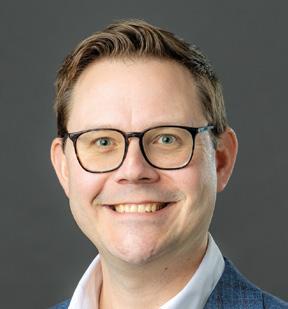
Approximately 600 elementary students in grades 4-5 from schools serving underrepresented populations in Clark County, Nevada will participate in this study. The goal of this project is to provide the students with meaningful and accessible hands-on learning opportunities that will allow them to develop an understanding of AI and its application in science and technology. The study will also offer professional development to 25 in-service educators designed to equip them with the foundational knowledge of AI and machine learning needed to teach an AI integrated STEM curriculum.
Find out more here.
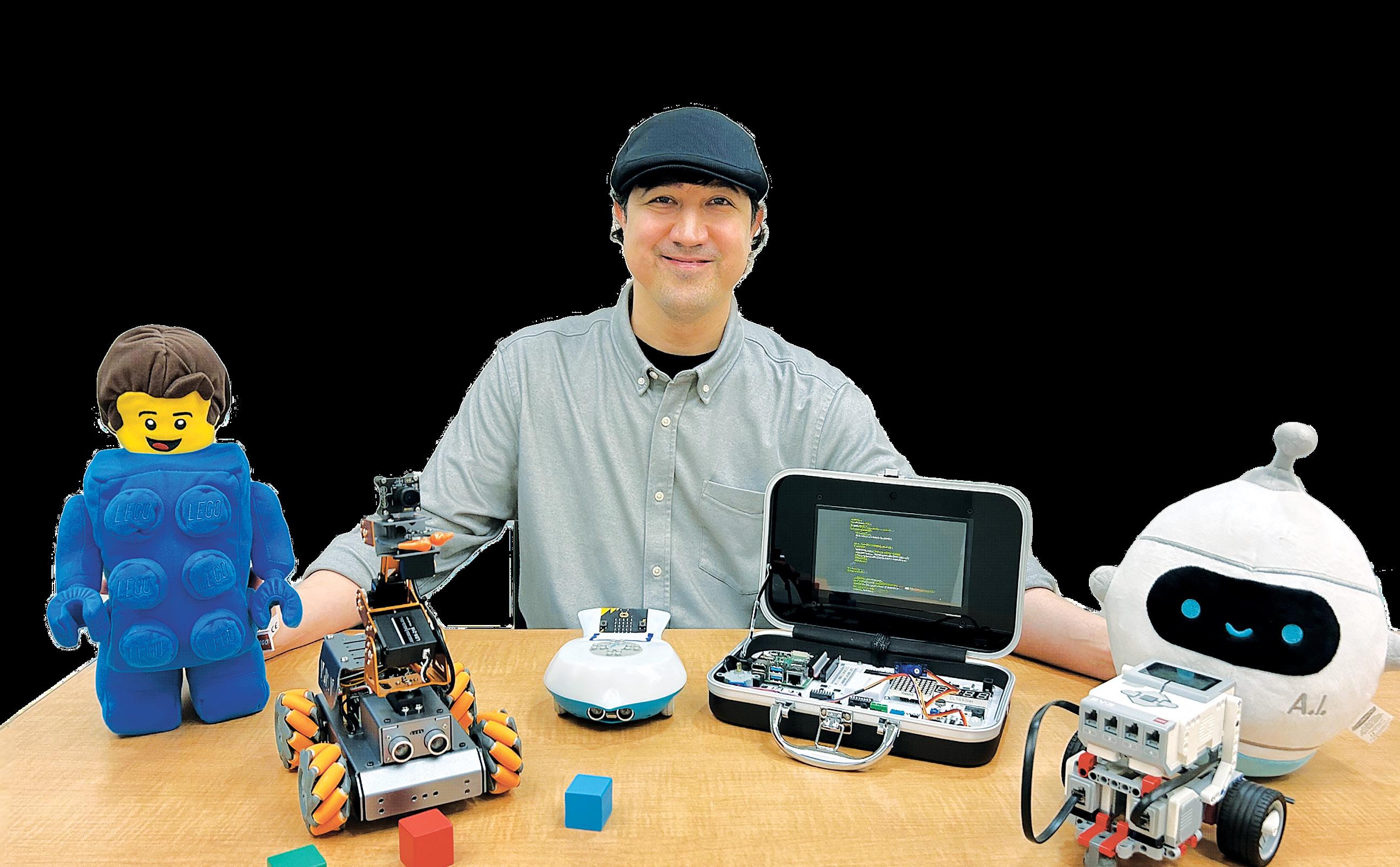
Faculty and Staff Success
The achievements and support of our CEHD faculty and staff have helped build the reputation of CEHD as a leader in education and as a community of well-respected scholars, educators, and practitioners dedicated to the lifelong pursuit of learning, development, and well-being. We continue to foster a culture dedicated to the recognition, growth, and professional development of our faculty and staff, providing opportunities such as award ceremonies, professional development committees, and professional development funds to enhance morale and the services we provide to our communities. In this section, you will learn about some of the remarkable accomplishments of our faculty and staff.
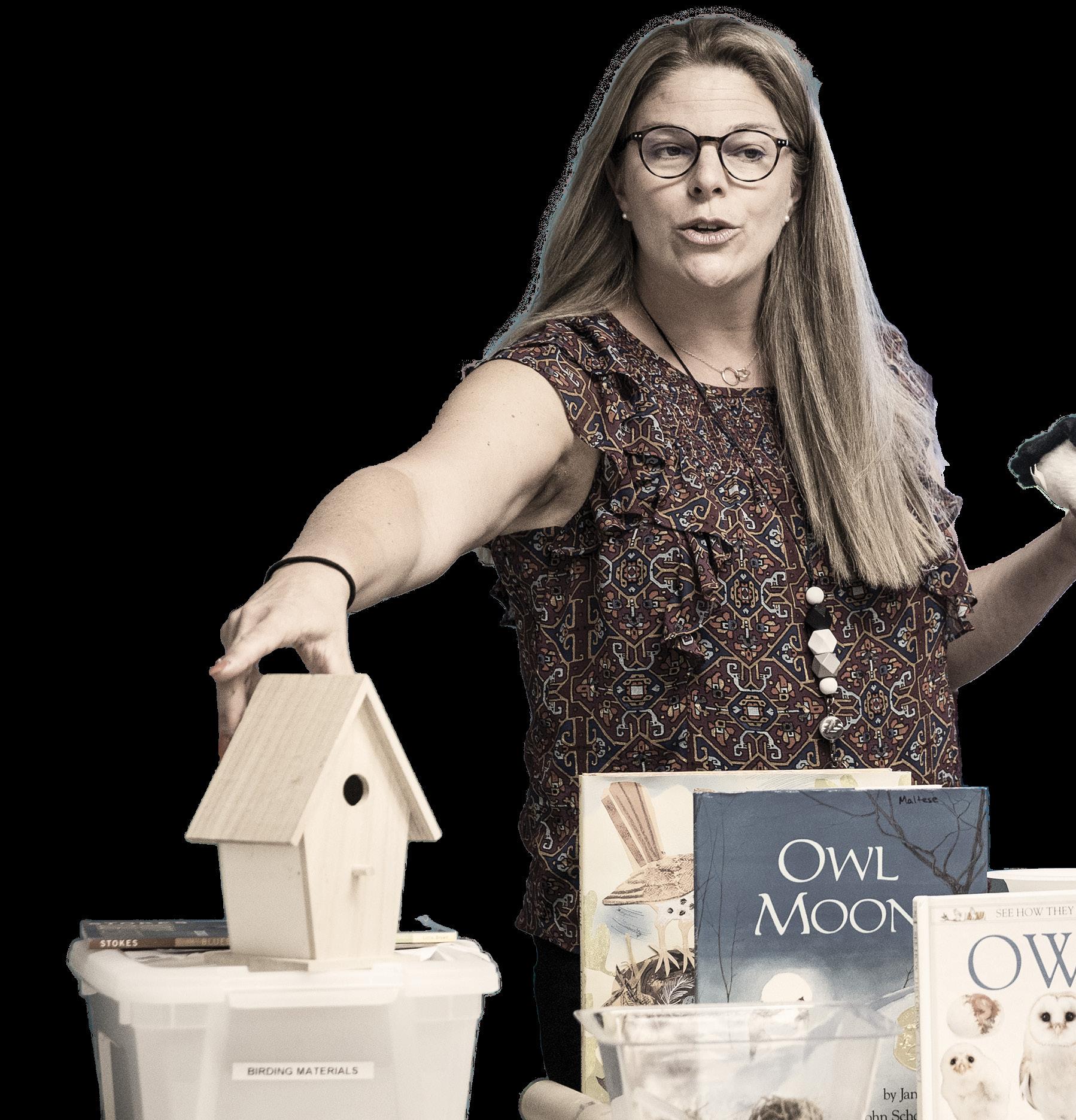
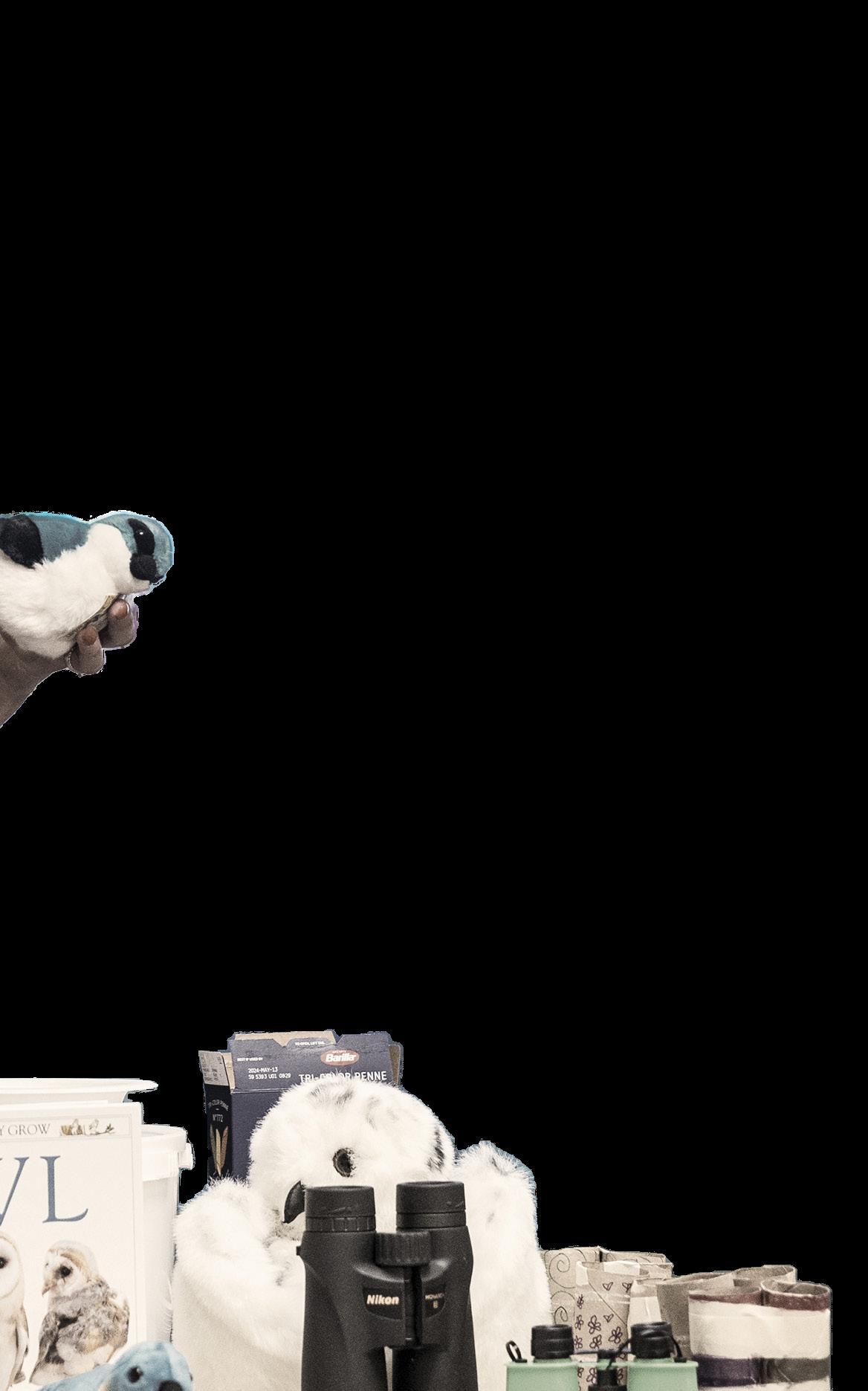
Committed to Student Outcomes
Elementary education advisor Valerie Bartush won the V. Ann Lewis Academic Advisor of the Year Award for her care, guidance, and commitment to student success. This award is student nominated, reflecting Valerie’s impact on her students. Kinesiology advisor
named as one of the top 10 academic advisors at George Mason University, and advanced professional teacher development and international education advisor Marie Champagne Spirit of Academic Advising Excellence Award, demonstrating their devotion to creating a culture of academic advising excellence within our college.

Dedicated to Faculty Excellence
Jacqueline McDowell, Assistant Dean for Faculty Success, received the United Bank Presidential Medal for Faculty Excellence. This award recognizes extraordinary contributions in teaching, research, scholarship, creative works, and service, highlighting Jacqueline’s dedication to advancing her field and bettering her communities.
Find out more here.
Hall of Famer
Robert Baker, Professor Emeritus of Sport, Recreation, and Tourism Management, was recently honored with the Commission on Sport Management Accreditation (COSMA) Master Professor Award in recognition of his lifetime achievement and contributions to the field of sport management. During the awards ceremony held earlier this year, Baker was also inducted into the COSMA Hall of Fame. COSMA is a specialized accrediting body whose purpose is to promote and recognize excellence in sport management education worldwide in colleges and universities.
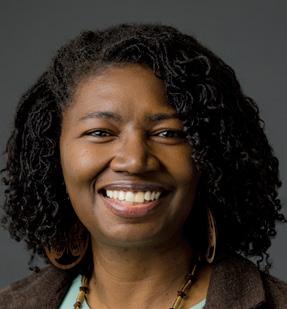
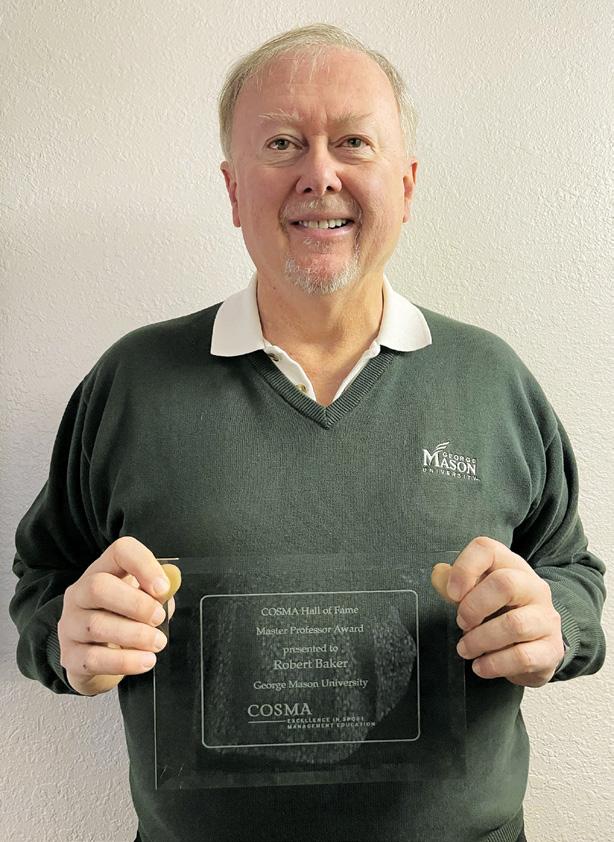
Throughout his career, Baker worked diligently in support of several prominent organizations within the sport management field that are engaged
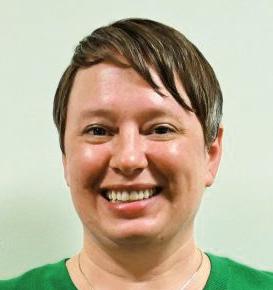
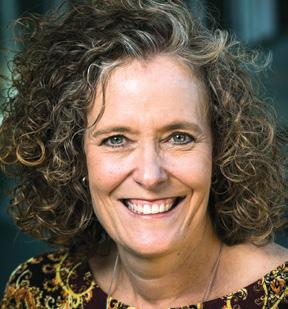
Top 200 Education Scholar
Erik Hines, professor of counseling, is ranked as one of the top 200 education scholars in the 2025 Edu-Scholar Public Influence Rankings for his influential scholarship and work that shapes educational practice and policy.


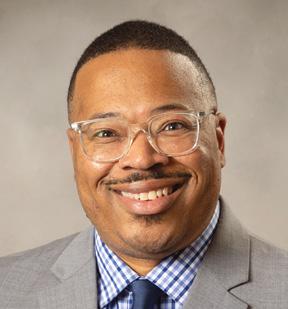
in academic research on the impact of sports and sport practices worldwide. Among these, Baker was founding commissioner of COSMA where his leadership contributed to the growth and success of that organization. He was also a founding Board member of the World Association for Sport Management (WASM) and President of the North American Society for Sport Management (NASSM), organizations dedicated to producing scholarship on the theory and teaching of sport practices.
Upon learning the news that he had been selected for the award bestowed upon him by COSMA, Baker stated, “I am very humbled to have been nominated by a triad of administrators, past Hall of Fame awardees, and current colleagues. It is a very satisfying, although entirely unexpected acknowledgement that I have had a successful career.”
Find out more here.
Economic and Societal Impact
Our college prides itself on the meaningful partnerships we’ve established to enhance the economic and societal well-being of the Northern Virginia region and beyond. With hundreds of partnerships with local school divisions, community organizations, industry partners, government agencies, and more, we are actively working to address society’s most pressing challenges. Our partnerships also allow us to provide experiential learning opportunities to all of our students, ensuring that they are equipped with the skills and knowledge needed to thrive in a rapidly evolving workforce.
360 Partnerships across education, healthcare, community, and sports organizations
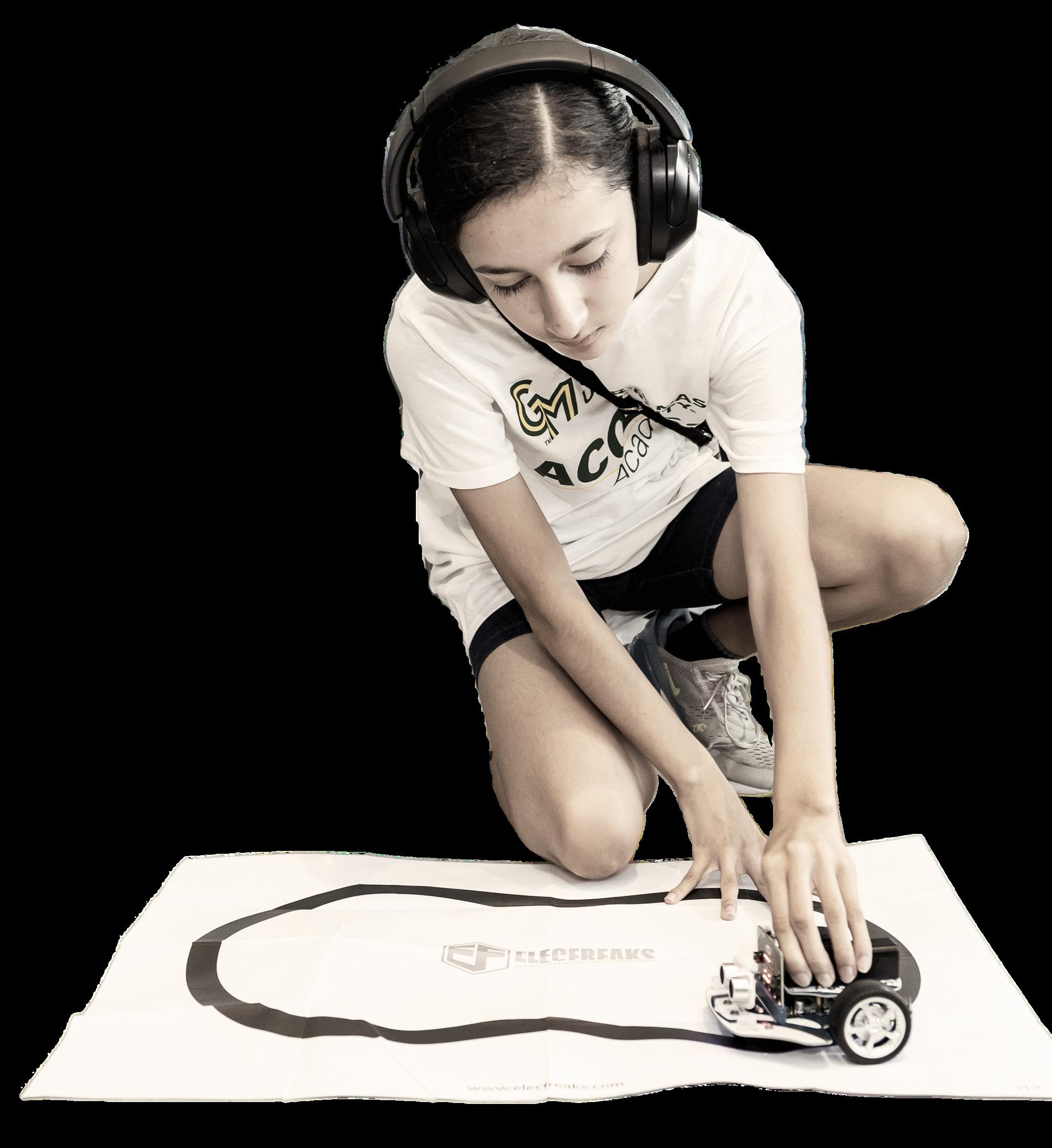
Transformation of K-12 Education
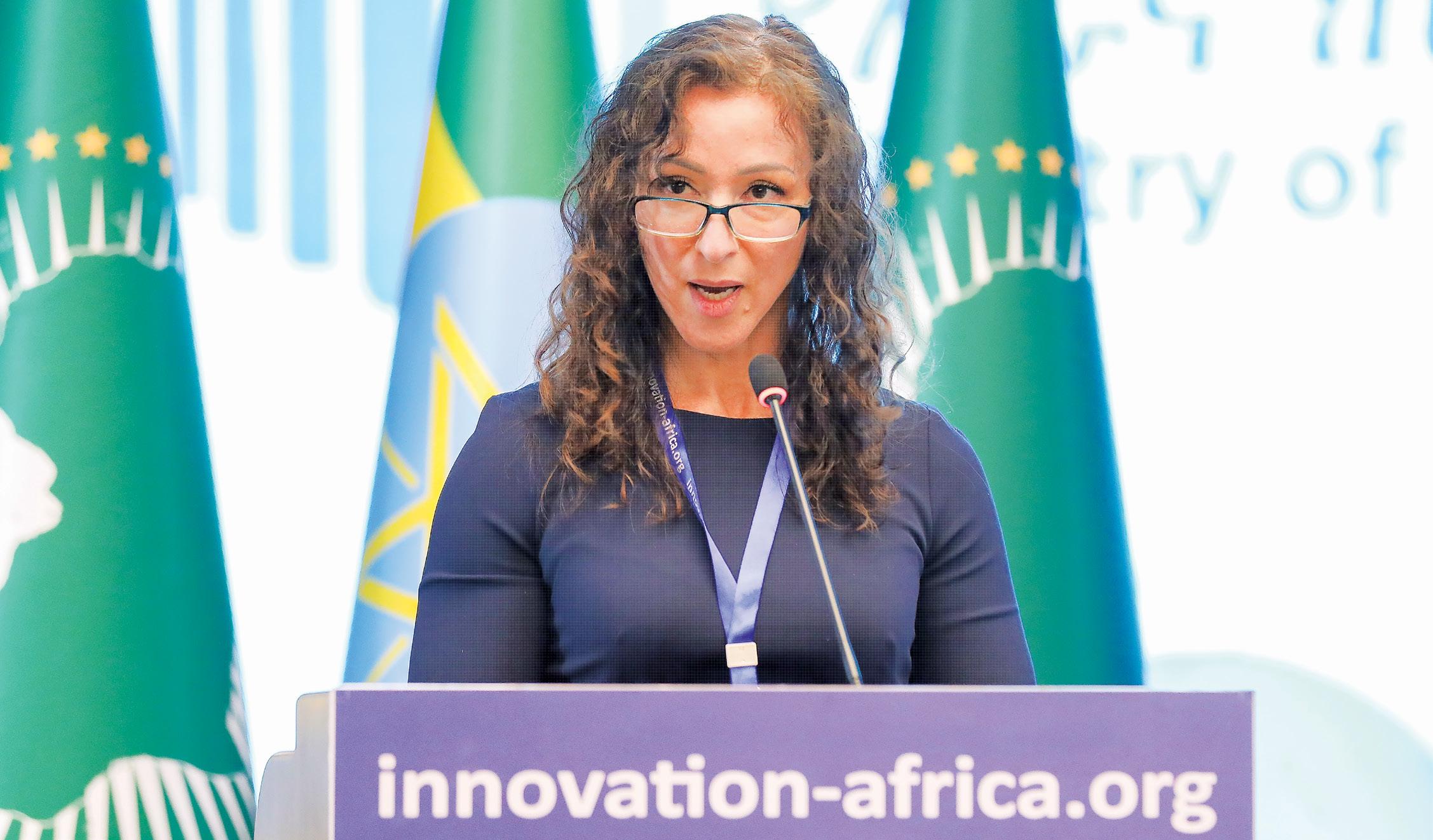
In front of ministers, ambassadors, educators, and global innovation leaders, Dean Ingrid Guerra-López delivered a keynote address that called for a bold, system-wide transformation of K–12 education to secure Africa’s workforce future—and the world’s.
Guerra-López proposed a six-pillar framework to guide education system transformation. As a trained systems thinker with a scholarly background in instructional systems design and performance improvement, she emphasized that meaningful and sustainable change requires a coherent, integrated response—one that bridges workforce development, teacher preparation, digital learning, access for all learners, and alignment with long-term economic opportunity.
“Too often we treat education reform as a series of disconnected efforts— fixing curriculum here, training teachers there, or piloting tech solutions in isolation. But the truth is, systems only improve when the elements are aligned and mutually reinforcing. Strengthening teacher pipelines without modernizing curriculum, for example, won’t yield lasting gains. True transformation requires intervention at the system level,” Guerra-López said.
Her six-pillar framework calls for action in six interconnected areas: strengthening the education workforce, transforming learning through technology and innovation, expanding access and opportunity to all learners, aligning education with economic opportunity, equipping learners with future-ready skills, and building global and regional partnerships to scale what works. Each pillar supports the others, offering a roadmap for national leaders and development partners seeking to improve education outcomes in both the short and long term.
Find out more here.
Tackling Secondary Literacy Gaps with Research-Informed Strategies
In March 2025, CEHD convened more than 60 educators, faculty, and division leaders from across Region 4 to examine evidence-based approaches to secondary literacy improvement, a growing concern across Virginia. This regional convening—part of
the ongoing work of the CEHD-led Educational Research Alliance of Northern Virginia (ERA.NOVA) focused on advancing researchinformed, cross-disciplinary strategies for strengthening reading outcomes for secondary school students.
Participants engaged in collaborative design sessions, analyzed implementation case studies, and worked with draft planning tools to develop school-based strategies for supporting literacy across disciplines. Many left the session with concrete
Pre-pandemic,
74% of VA 8th graders passed the Reading SOL
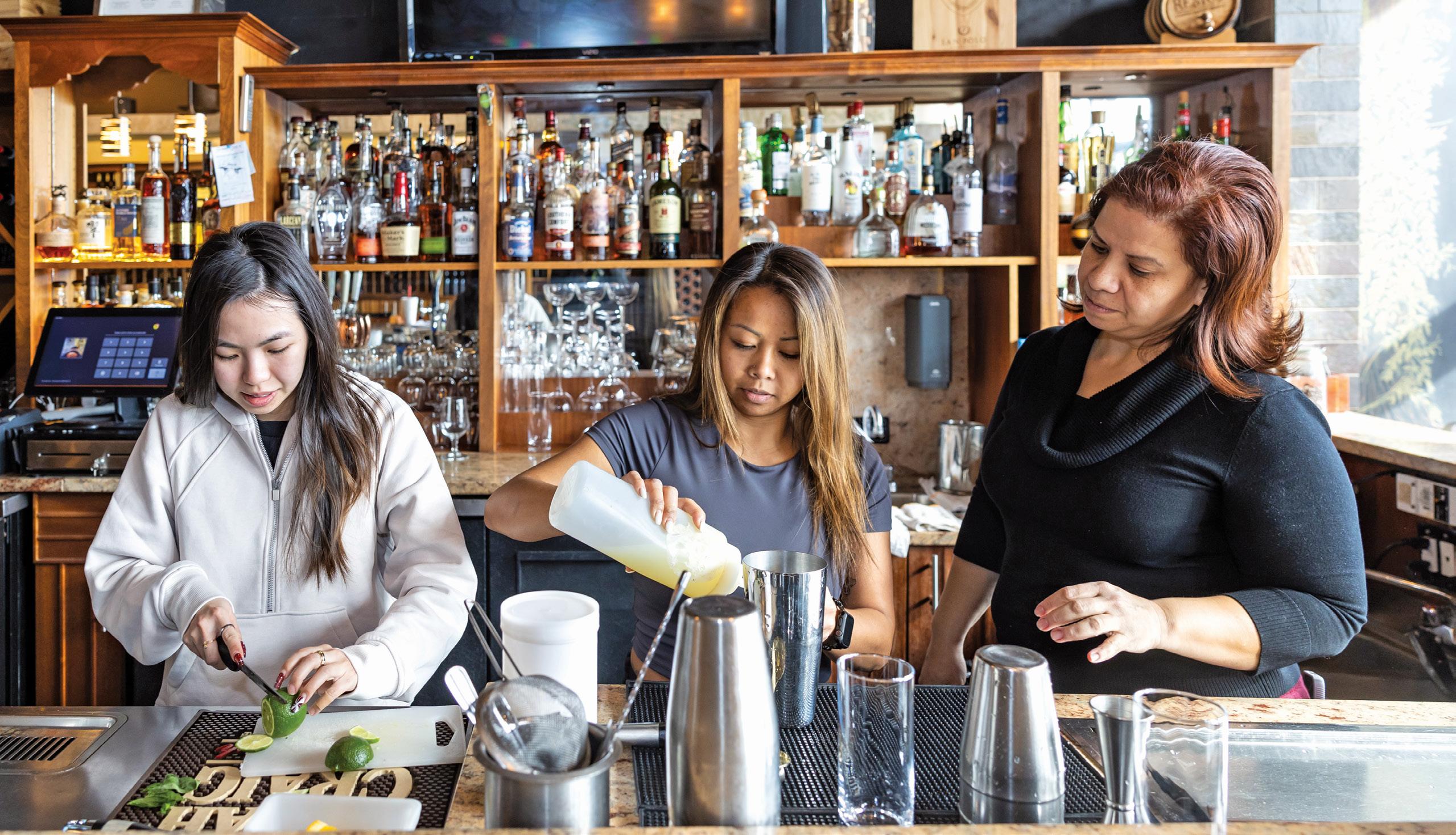
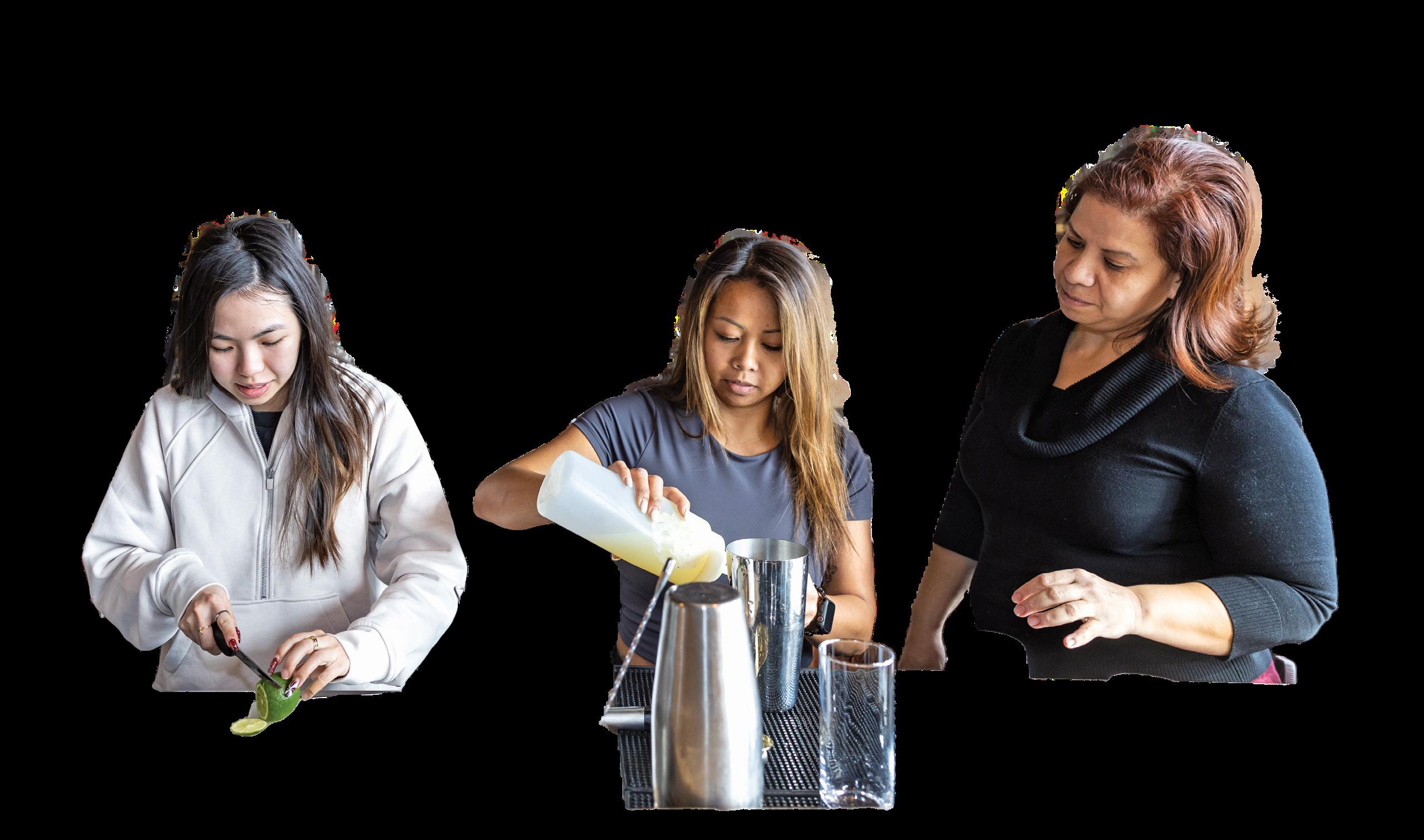
A Collaborative Solution to Culinary Career Challenges
In partnership with the City of Fairfax, the Town of Vienna, and the Virginia Restaurant, Lodging, and Travel Association Foundation (VRLTAF), CEHD is working on a solution: the Culinary Careers Collaborative (CCC), a workforce development project to get restaurant workers the foundational skills they need to succeed.
“We knew we needed partners who could bring expertise in hospitality and restaurant management, so we looked to George Mason and VRLTAF,” said Tara Borwey, assistant director of programs for Fairfax City Economic Development. George Mason has one of the only hospitality degree programs in the area.
“We’re all in such close proximity to one another, and therefore we all have a vested interest in maintaining a strong relationship and improving our shared community,” she said.
Using feedback from restaurant owners around Fairfax City and the Town of Vienna, the team developed three tracks: beginning culinary skills, beverage skills, and advanced management. Each track totals 24 credit hours taken over four days. Fairfax City and the Town of Vienna fully funded the programs so they are completely free for participants.
Find out more here.
ideas for building schoolwide literacy leadership teams and initiating aligned interventions in their local contexts.
“Statewide data show a troubling decline in secondary literacy outcomes, with only 66% of Virginia
23 active awards with Virginia Department of Education in FY25
Find out more here. only 66% passed in the most recent year
8th graders passing the Reading SOL in the most recent year—down from 74% before the pandemic,” said Dean Ingrid Guerra-López. “This isn’t just a curriculum issue. It’s a systems issue—one that demands coordinated leadership, research-informed
practices, and the full engagement of educators across disciplines. We see this work as central to our mission of improving educational and economic mobility for all students.”
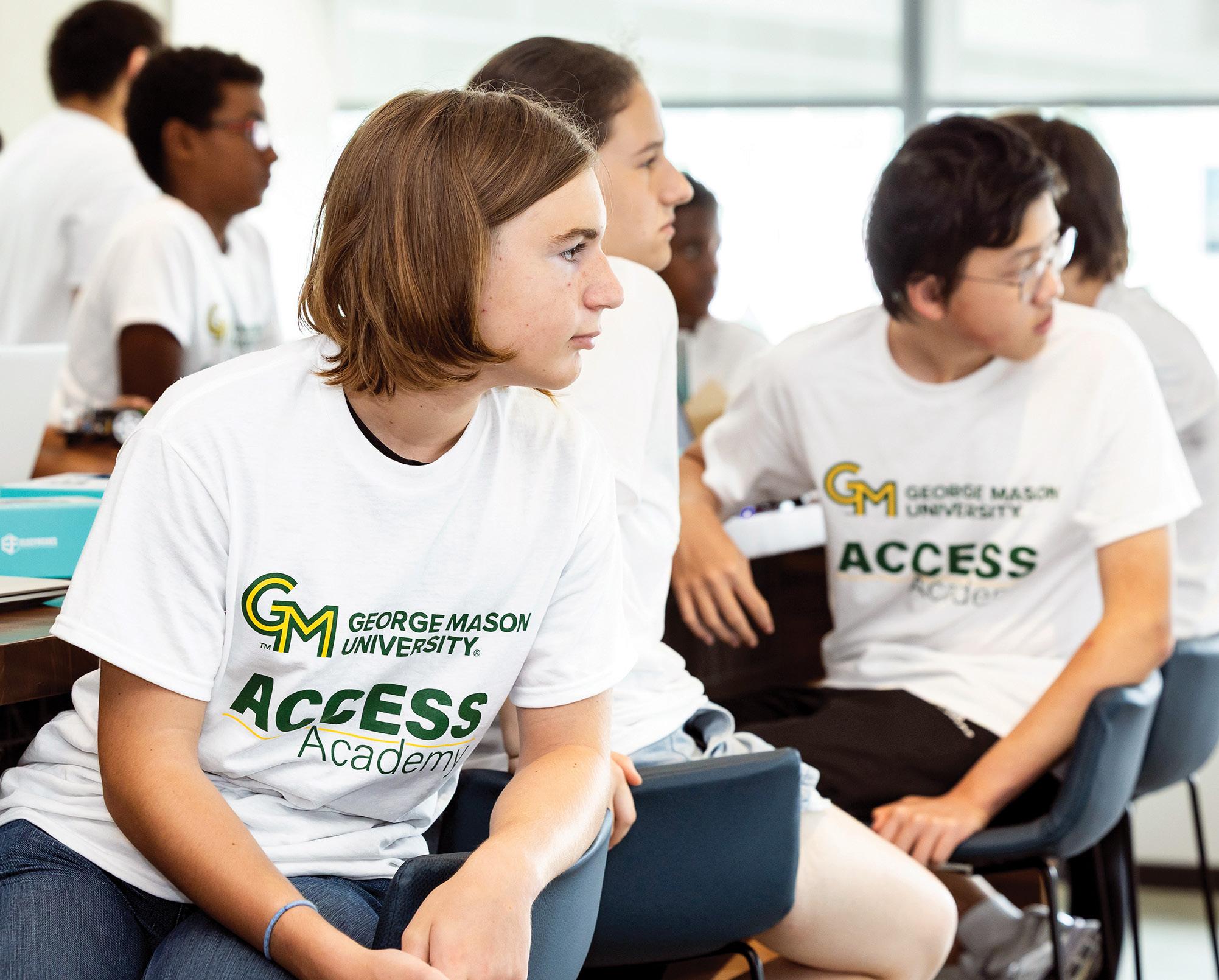
AI Summer Camp
This summer, we launched the inaugural ACCESS Academy Artificial Intelligence Summer Camp. Open to all 9th—12th graders across Virginia, the camp ran for three one-week sessions at the ACCESS Academy headquarters in Fuse at Mason Square. Through hands-on exploration of artificial intelligence (AI) and robotics, students can imagine and begin preparing for technology-sector careers. Only in its first year, the camp already has 130 total participants over the course of three sessions.
“The goal of ACCESS Academy is to create a more inclusive pathway to college and high-demand careers for students who may not have previously seen those opportunities as within reach,” said Dean Ingrid Guerra-López.
Guerra-López envisions the bootcamp not only as a hands-on learning experience for students, but as a launchpad for expanding access to AI education across the region.
“The tinkering lab model in particular is a powerful way to reduce anxiety around emerging technologies, increase skill and self-efficacy for both students and educators, and foster a stronger sense of community around innovation,” she said.
Plans are underway to explore how this model can scale—both to offer more advanced learning tracks for students and to engage educators in professional development that supports responsible, inclusive digital innovation. Find out more here.

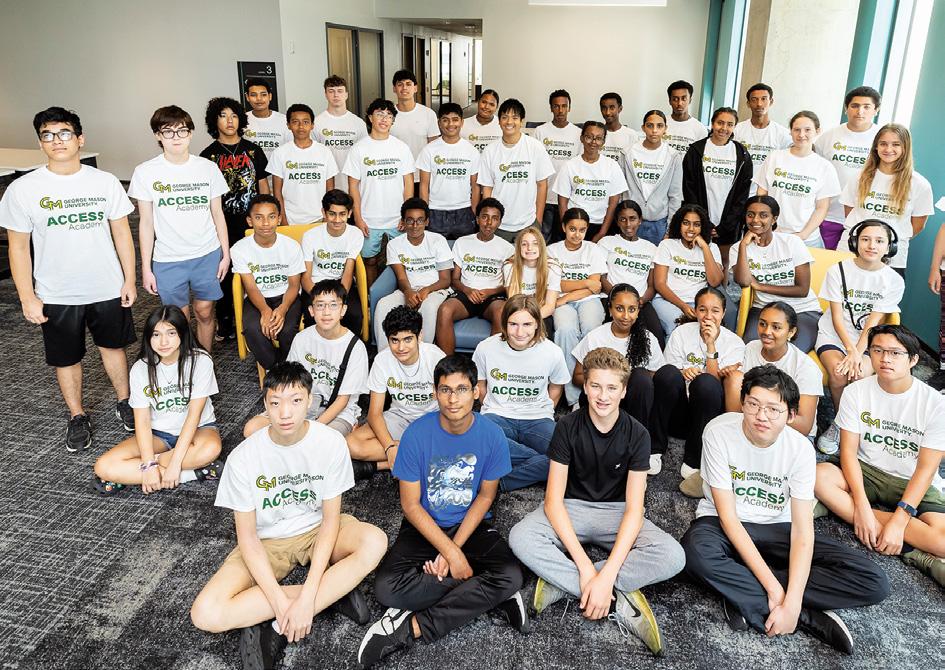
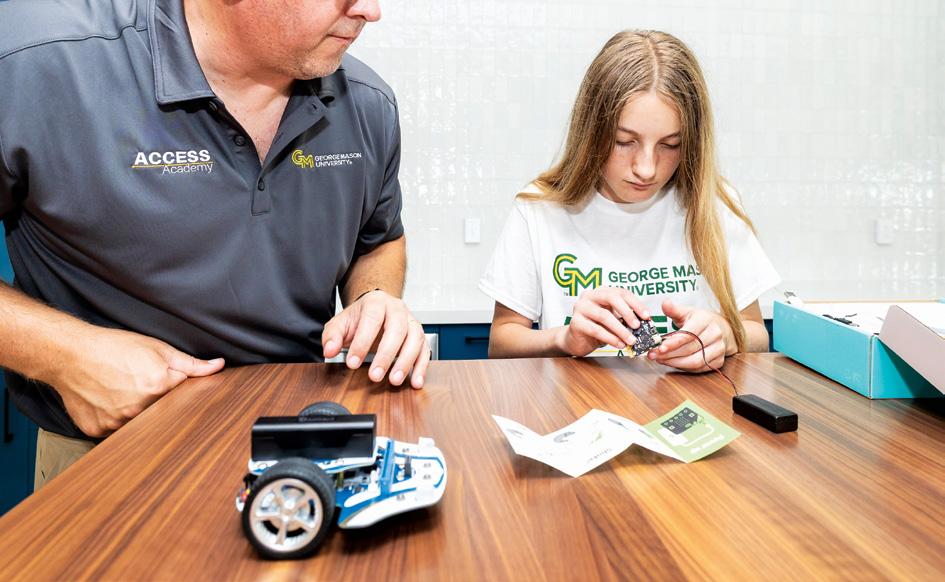
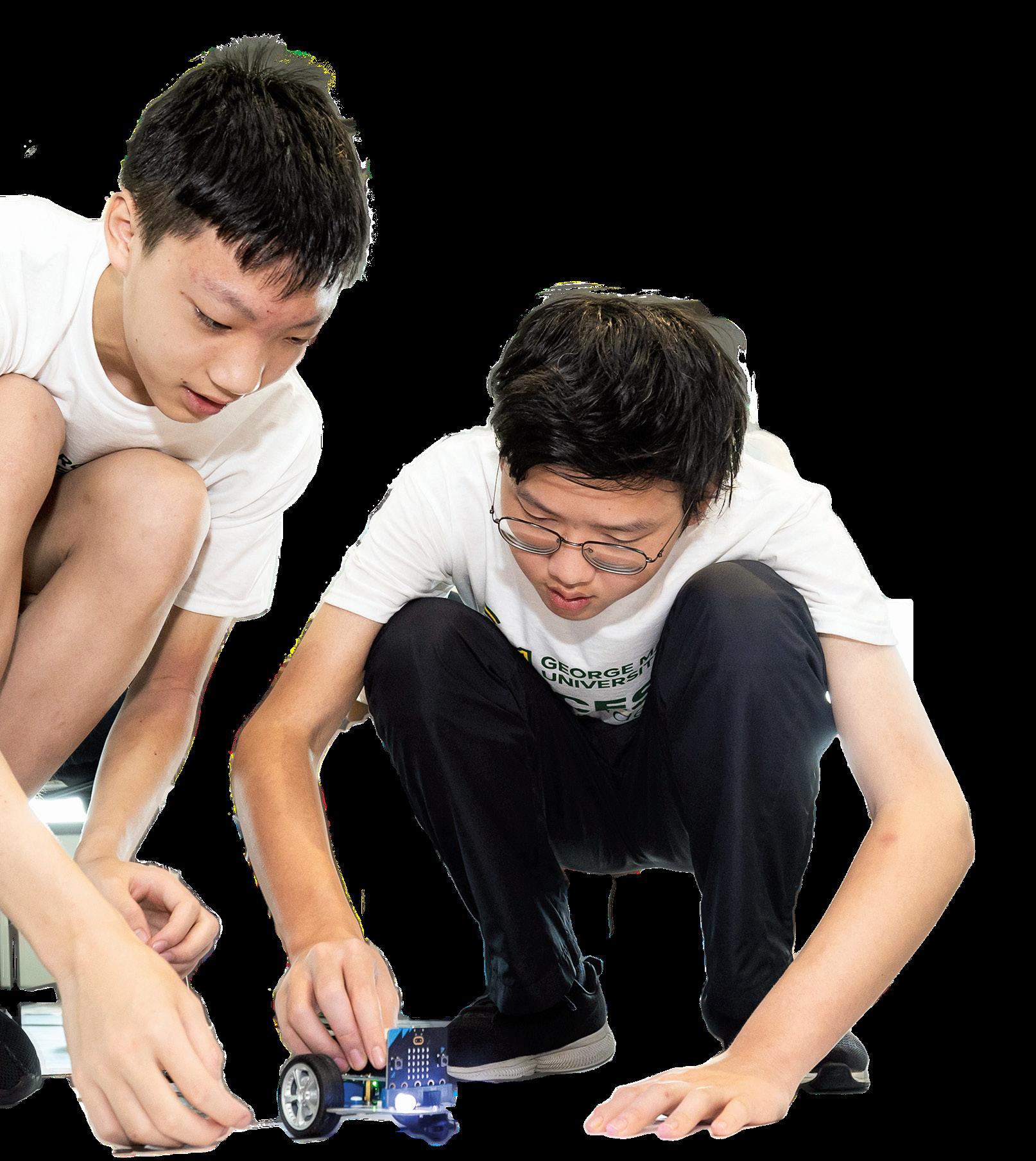
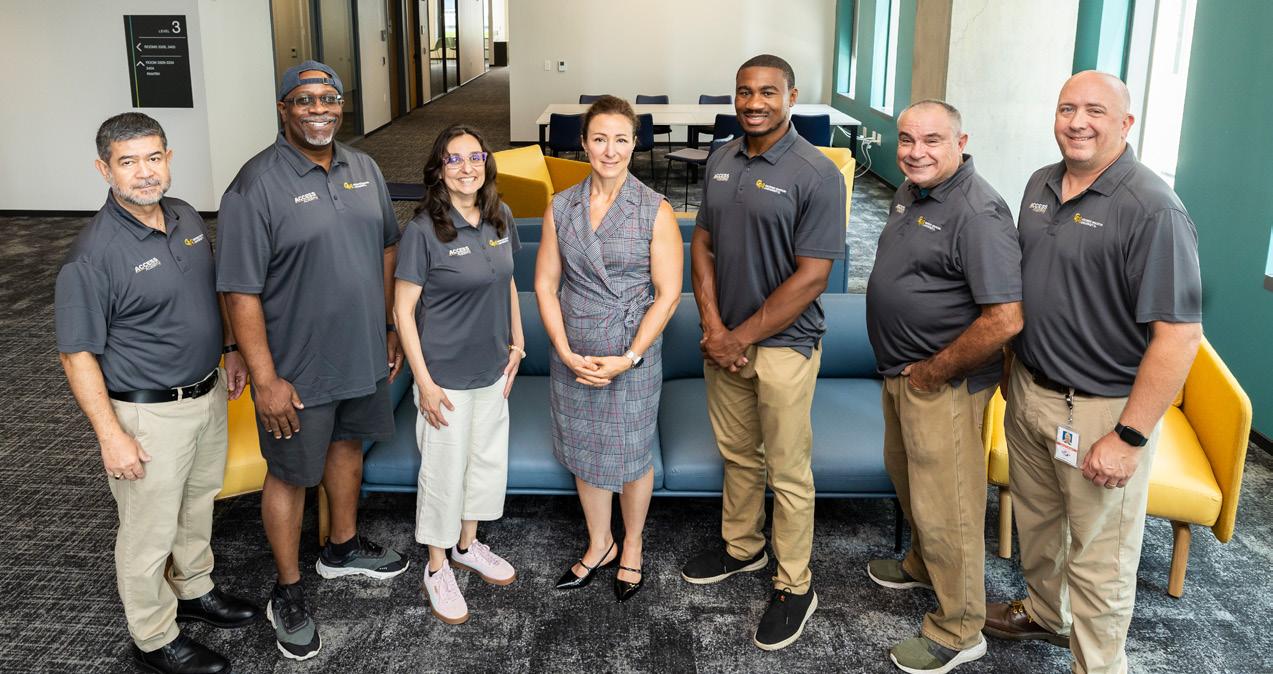
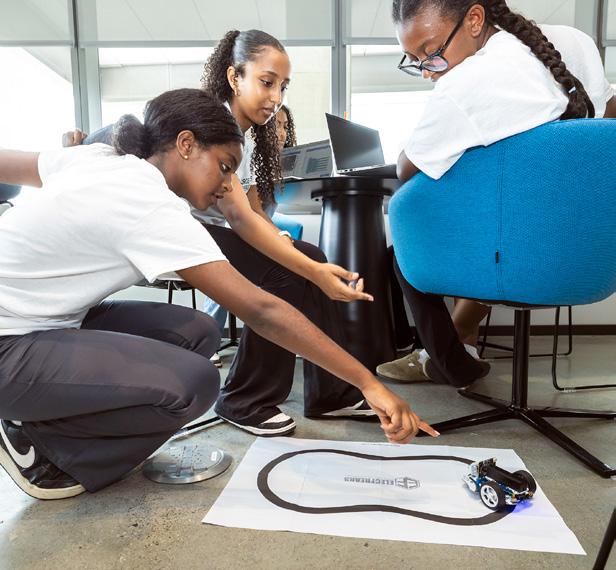
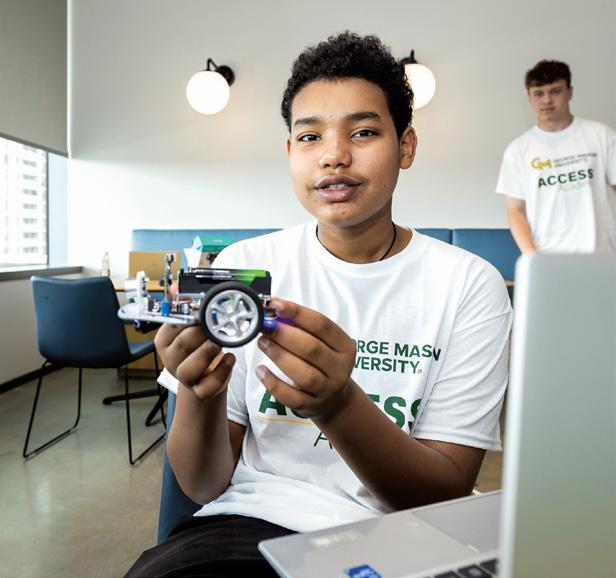
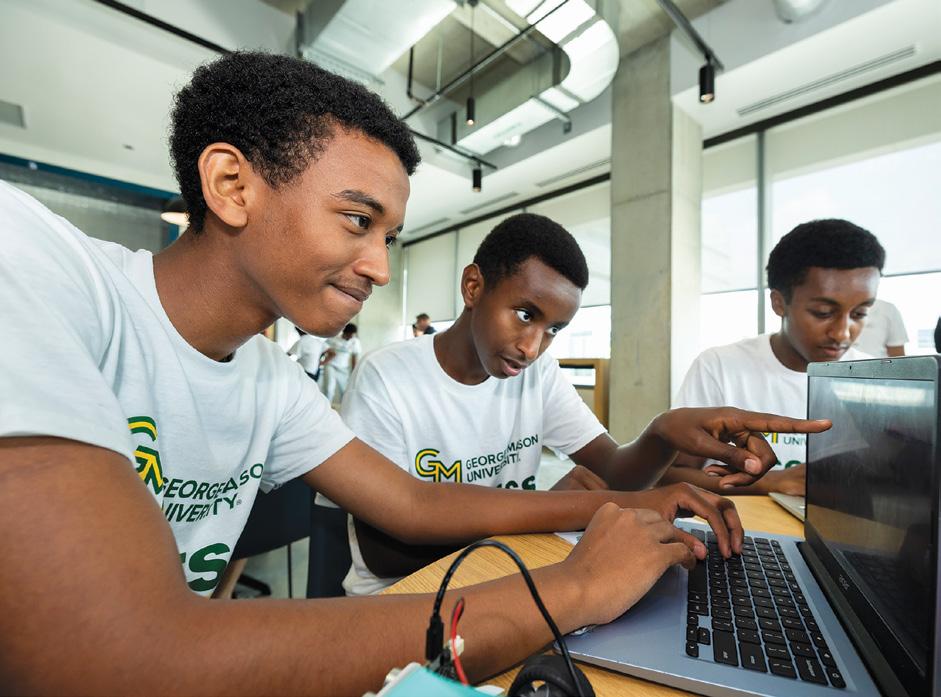
ACCESS Academy Inaugural Cohort
This fall, CEHD welcomed the inaugural class of students for the Accelerated College and Employability Skills (ACCESS) Academy for the 2025–2026 academic year. Developed in partnership with Northern Virginia Community College (NOVA) and Loudoun County Public Schools (LCPS), ACCESS Academy is a lab school designed to reimagine how students prepare for college, careers, and civic life in a rapidly evolving world. The program is designed to support students who may not have previously envisioned a college pathway—particularly those navigating limited exposure to higher education or career pathways, relevant information, or professional networks.
“ACCESS Academy reflects a commitment to transforming how we think about readiness—not just for college or careers, but for life in a complex, interconnected society,” said Ingrid Guerra-López, Dean of CEHD. “By aligning K–12, higher education, and industry partners, we’re creating more coherent and responsive pathways that honor learners’ potential while addressing workforce and societal needs.”
As the first cohort begins, CEHD and its partners remain focused on refining and scaling a model that equips students for meaningful engagement in higher education, the workforce, and society—while also contributing to regional economic development and innovation.
Find out more here.
Your Support Makes a Difference
In CEHD, we recognize that our successes and impact are greatly enhanced by the generous support of our community. As we tackle pressing challenges and innovate in educational practices, we remain profoundly thankful for the contributions that empower us to broaden our reach and deepen our impact. Your support is more than an investment in our college - it’s a commitment to the future of education and the well-being of the communities we serve.
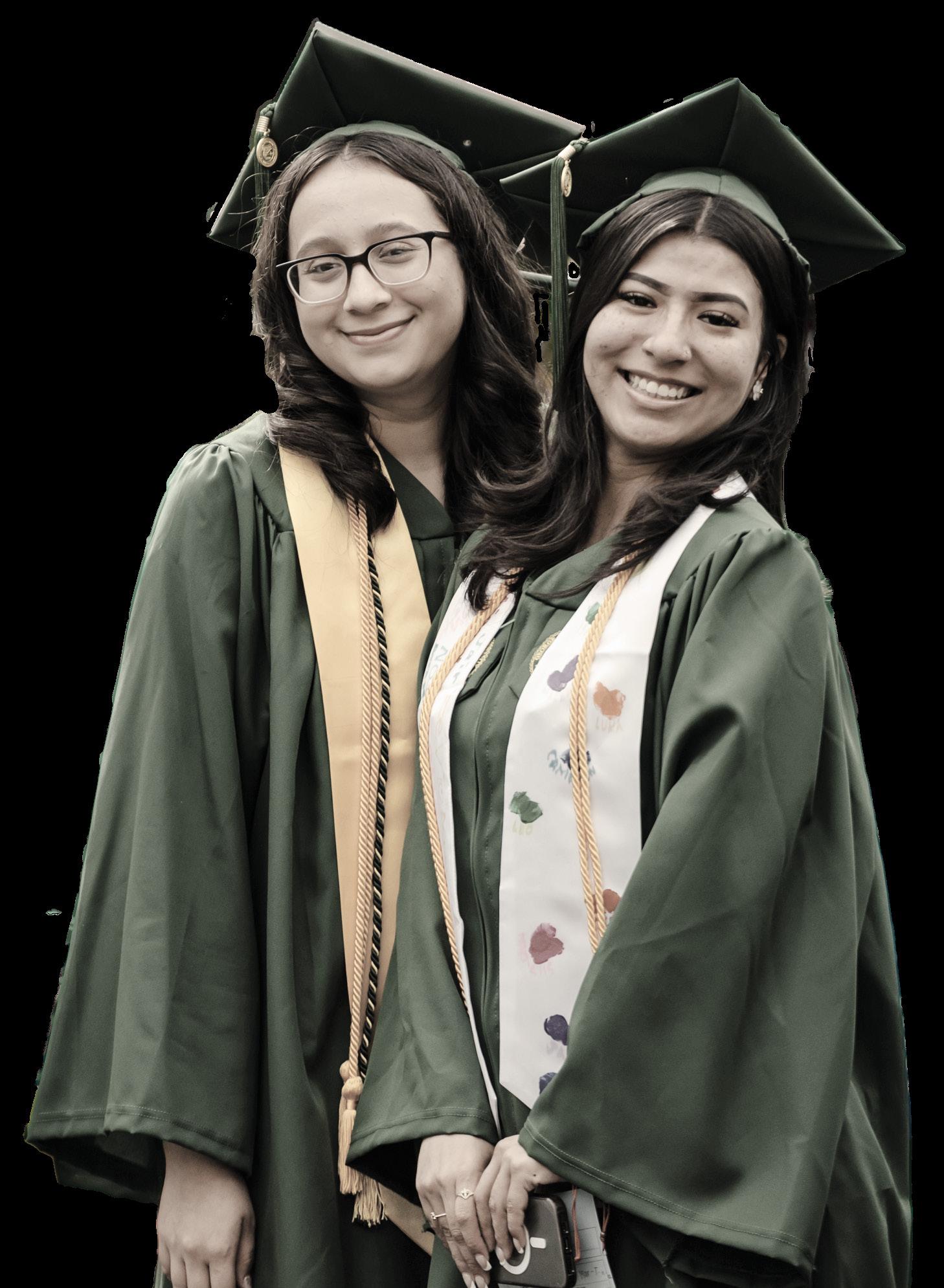
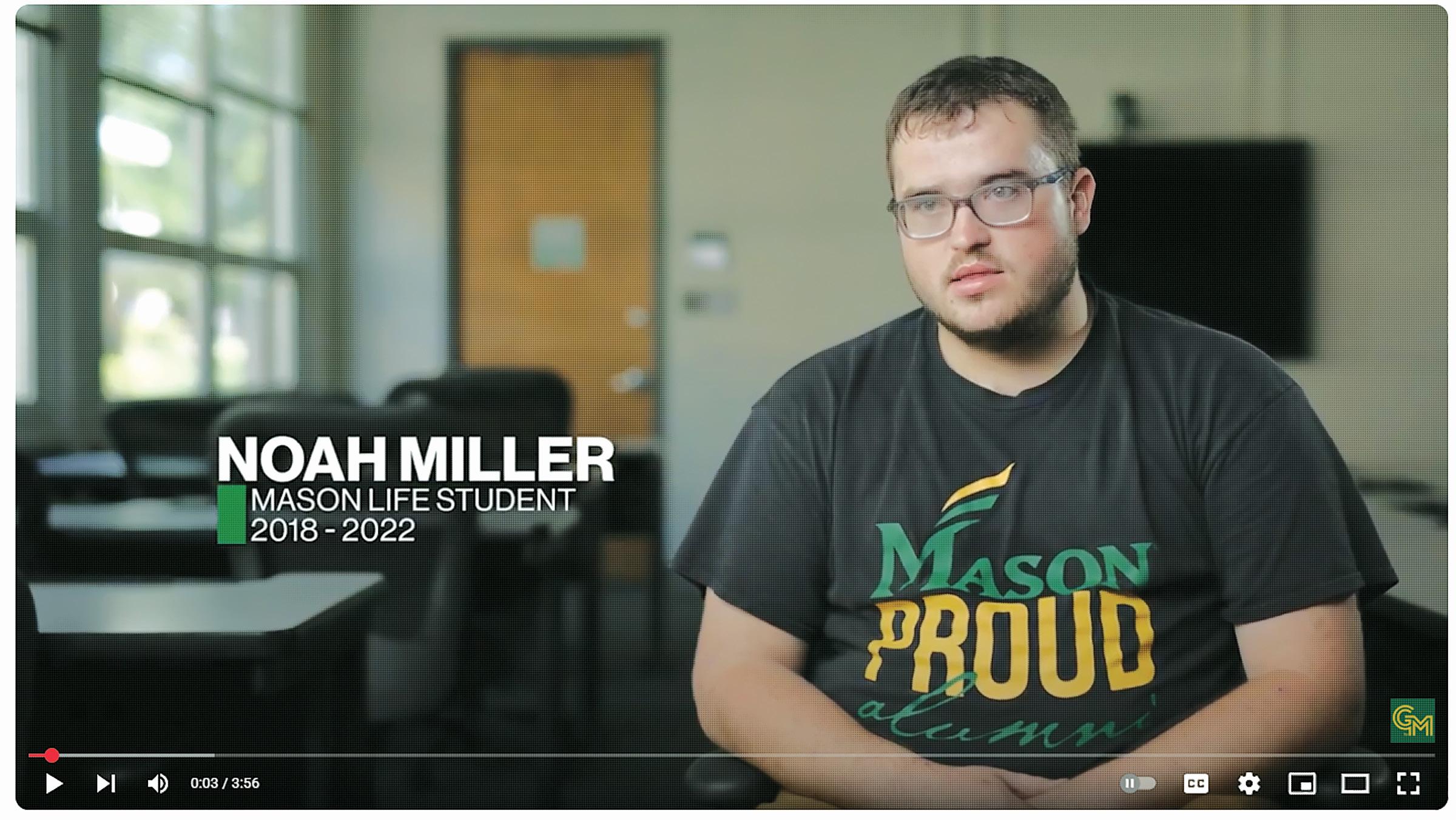
20 Years of Mason LIFE
Mason LIFE is a comprehensive four-year post-secondary transition program that offers young adults with intellectual and developmental disabilities a full university experience in a supportive academic environment. The Mason LIFE program focuses on research, academic progress, team building, community involvement, and the development of independent living and social skills. This year we celebrate the 20-year anniversary of the Mason LIFE program, marking two decades of innovative educational practices and enhancing the accessibility of education for all.
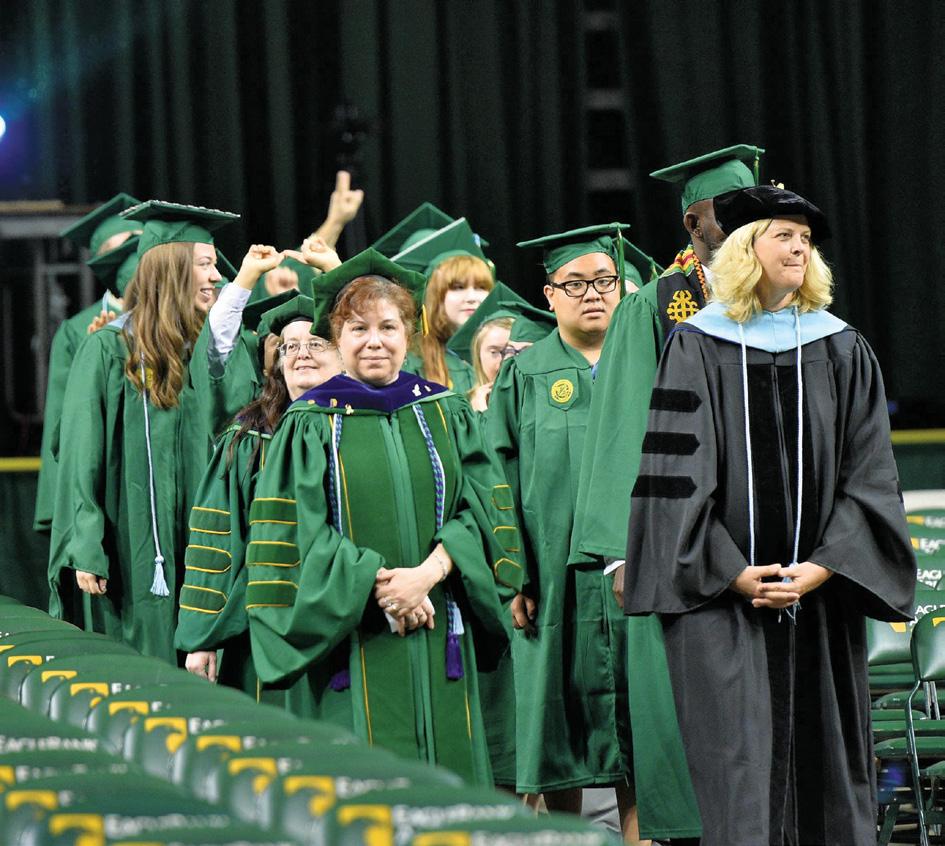
Linn Jorgenson, Director of Mason LIFE, offered remarks on Mason LIFE in which she expressed her aspirations for students who go through the program. “My hope for a person who completes the Mason LIFE program is that they learn who they are and that they live a life that they had hoped for whether that is independent living, working, contributing, or just being part of a world that they had hoped to be part of.”
Learn more about this program and the impact it has had by watching this video.

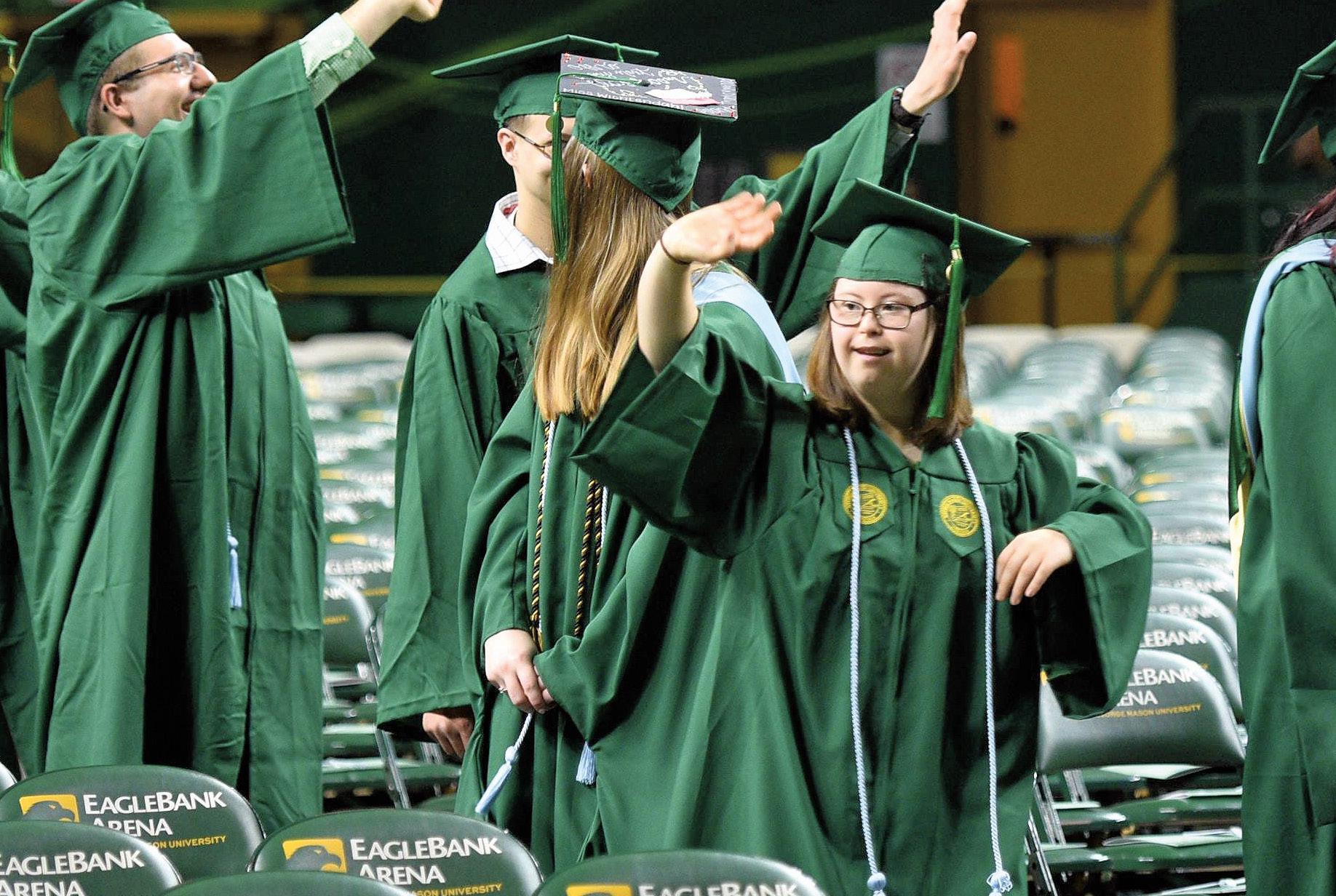
Student Scholarships and Awards
In academic year 2024-2025, our college awarded $252,507 in scholarship funding to 43 students across our programs.
A brand-new scholarship was instituted this academic year, The CEHD Finish Line Scholarship, to provide assistance for active undergraduate and graduate students who are facing financial hardships that could postpone or prevent degree completion. These scholarships are intended to remove barriers to academic progress, facilitate on-time graduation, and aid students in financing a portion of the cost of their final semester of academic coursework in the College of Education and Human Development. If you’re interested in learning more about CEHD scholarship funds, you can do so here
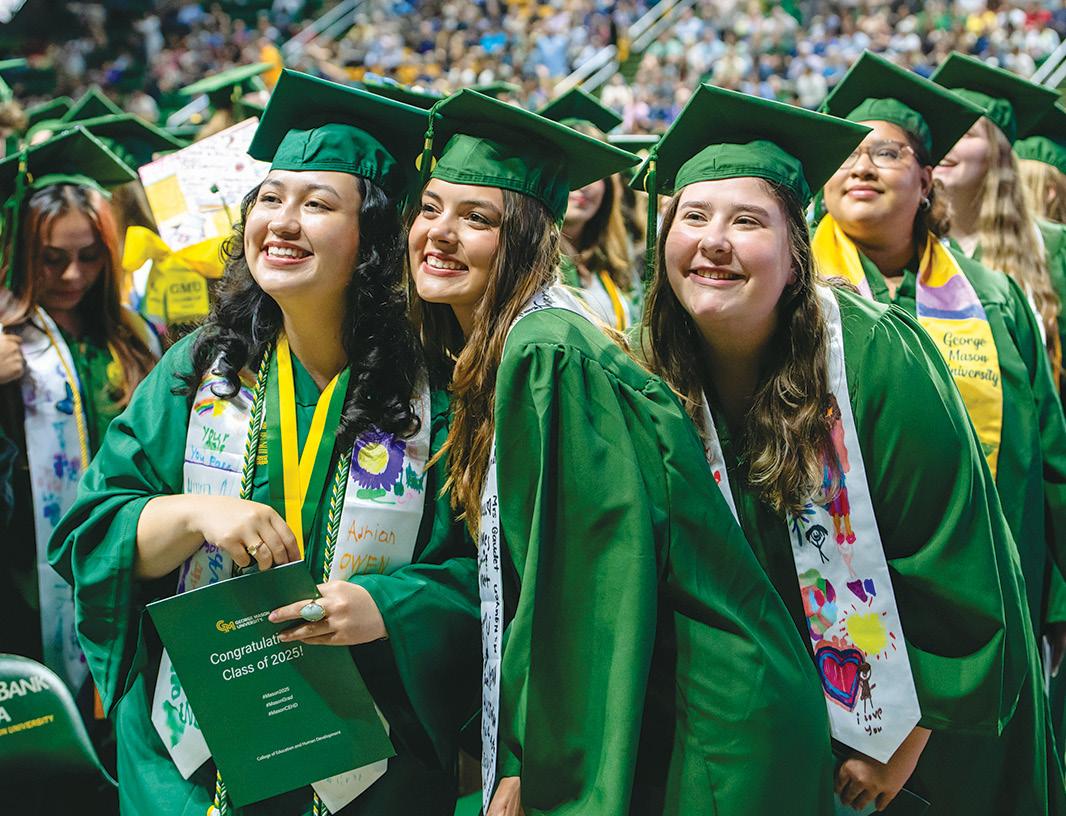
Mats Hormel vQ Endowed Scholarship
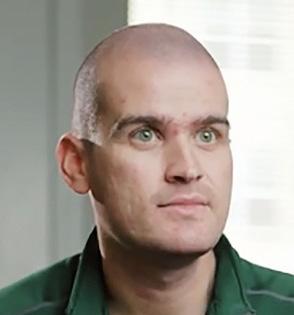
“It has transformed the life of my child in remarkable ways and helped them discover the strengths and resiliency that was always inside them.” This sentiment is universal among families whose young adult children were able to attend the Mason LIFE (Learning Into Future Environments) program because of the financial support they received through the Mats Hormel vQ Scholarship Endowment.
This scholarship endowment is provided by Tommy Everett and Sarah Hormel Everett, in honor of their son, Mats Von Quillfeldt, who is a former student of the Mason LIFE program. The scholarship was established to help defray the costs associated with attending Mason LIFE, including tuition, fees, housing, textbooks, and related expenses. Scholarship awards are given to both incoming and continuing Mason LIFE students and are based on a student’s demonstrated financial need.
We are excited to report that the Everetts have made a $1.2 million pledge to expand the existing Mason LIFE scholarship. The Mats Hormel vQ Scholarship Endowment will now offer two full-ride scholarships for the program, doubling the financial support previously provided.
Find out more here.
43 students awarded $252,507 in scholarships
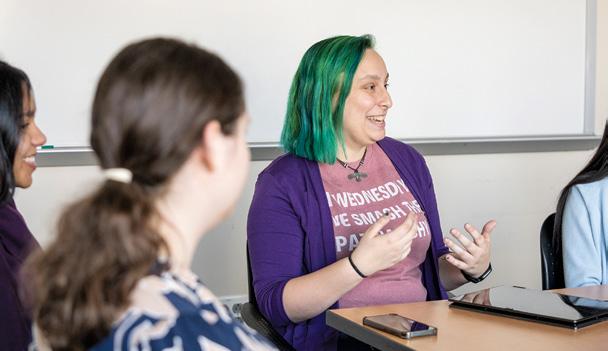
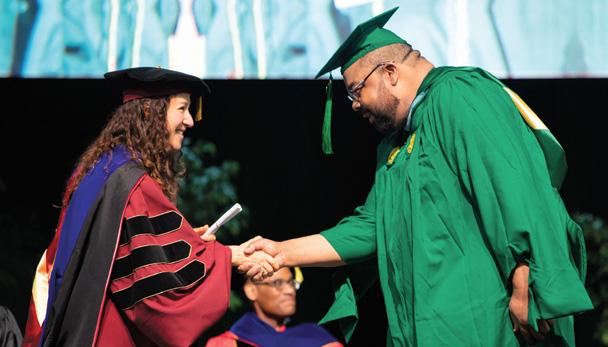
Ways to Support
For information about how to support the College of Education and Human Development, please contact our Development team by emailing cehddev@gmu.edu or visit our website

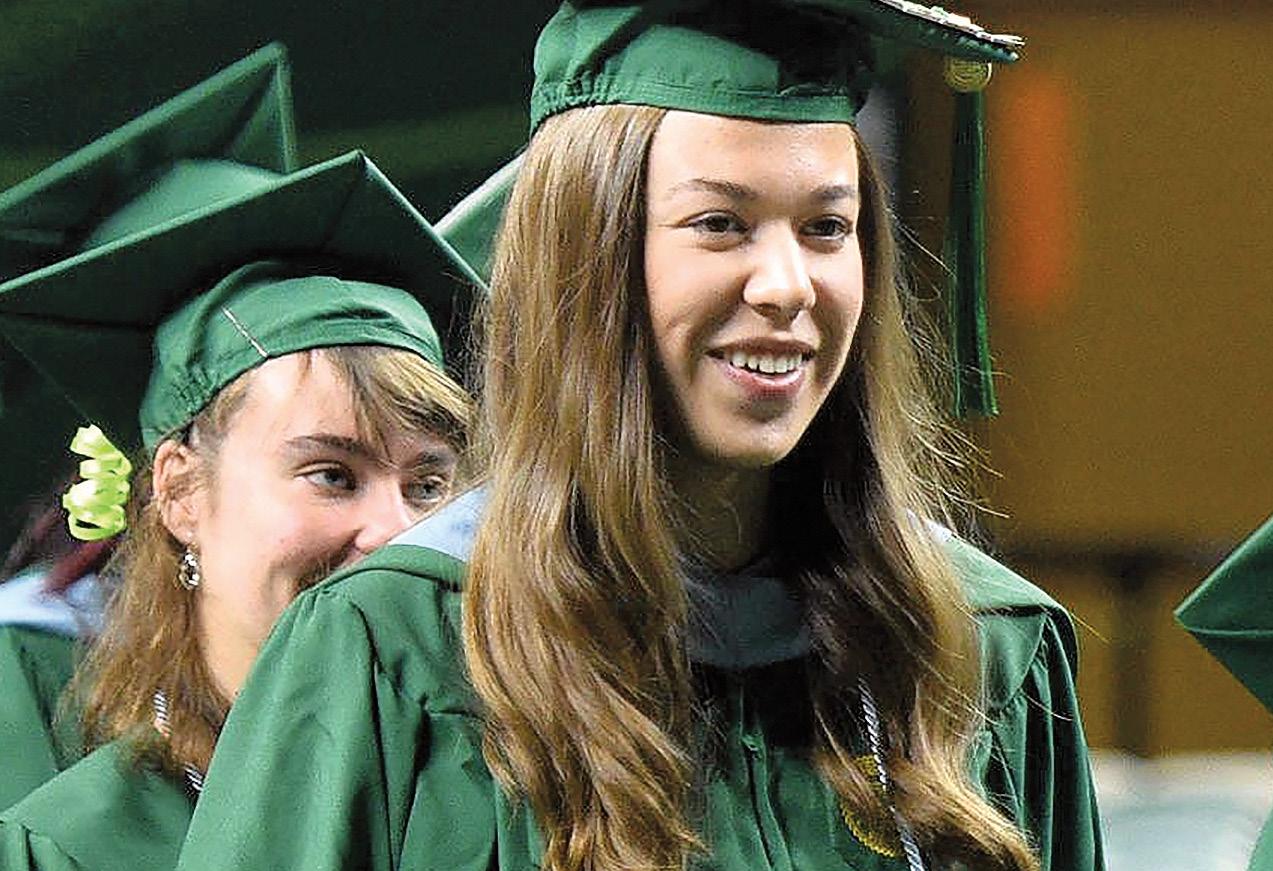

Inside back cover
